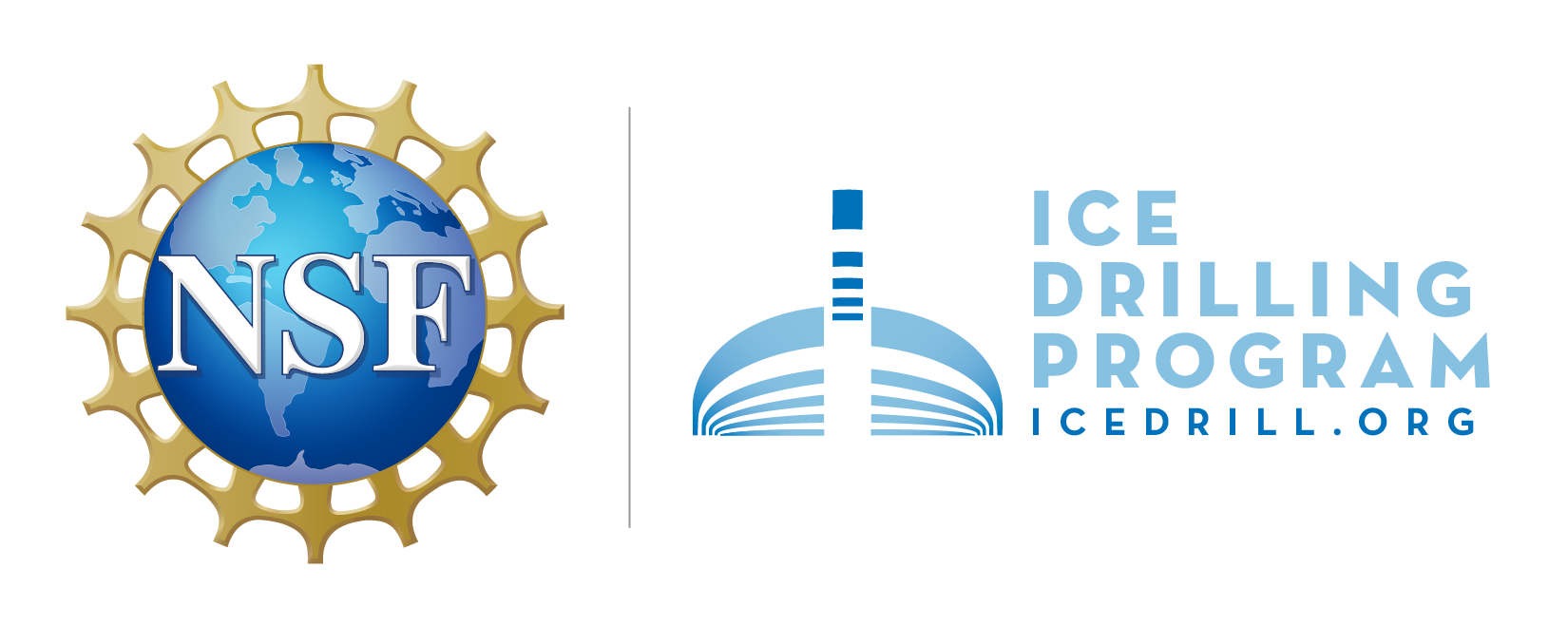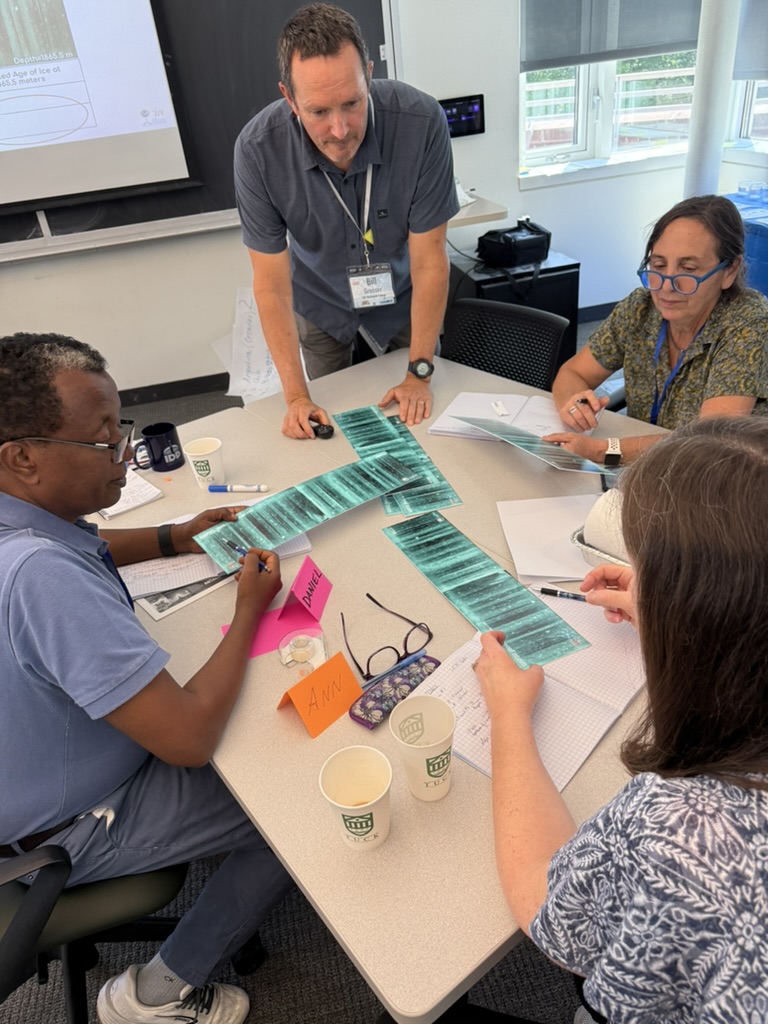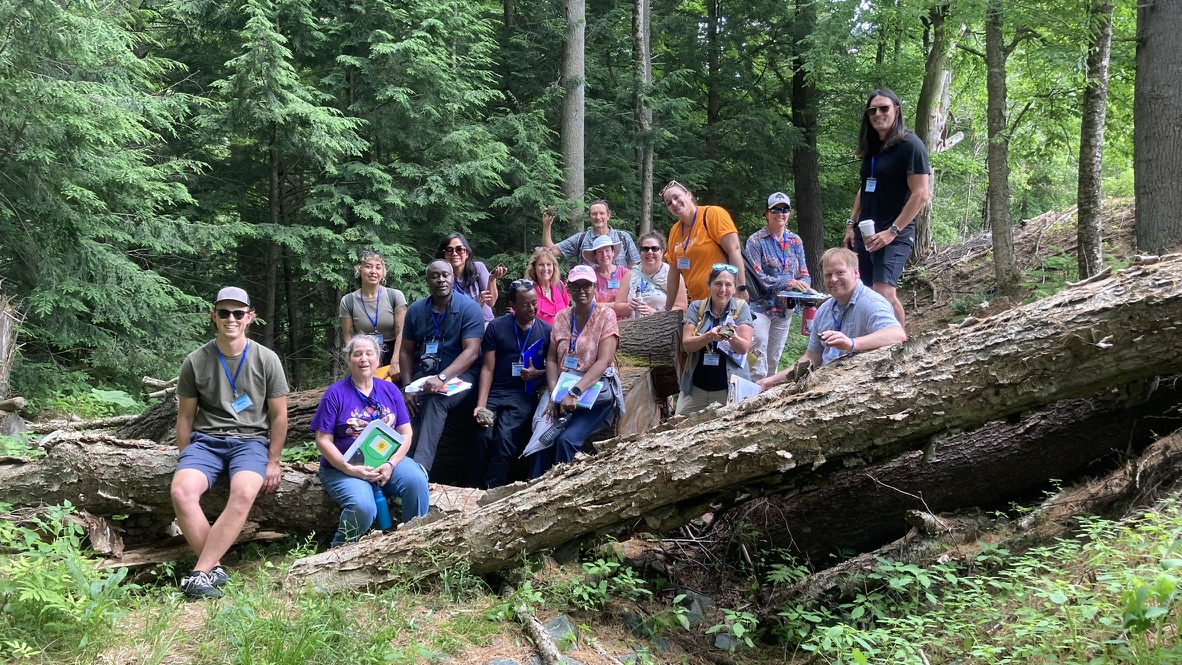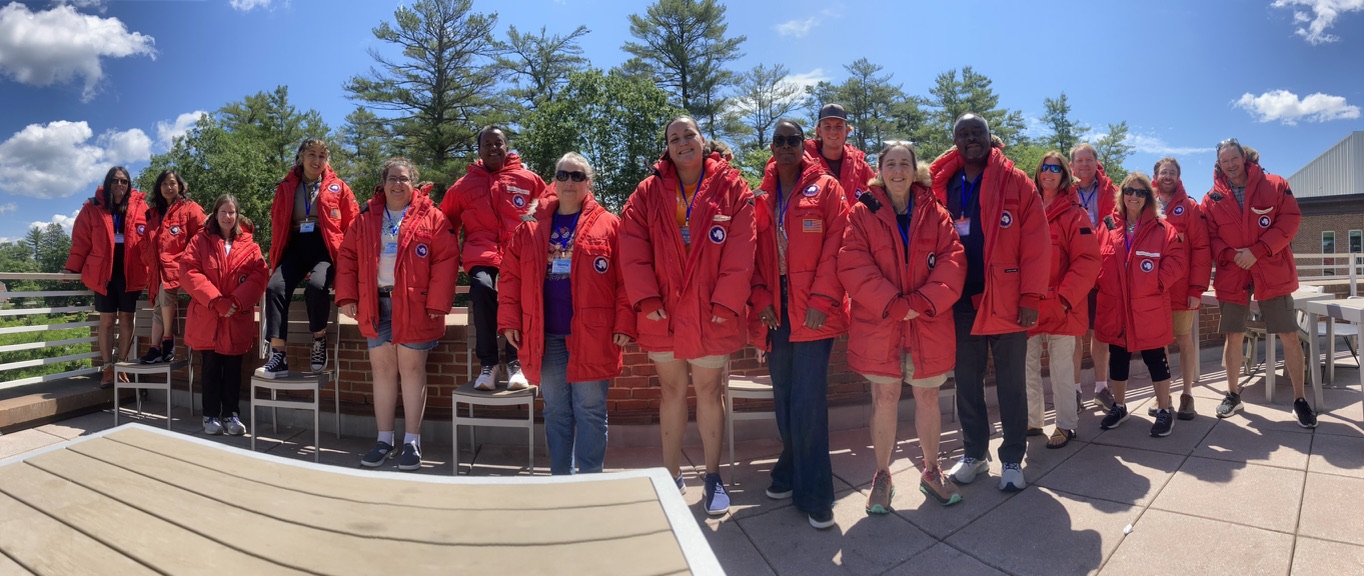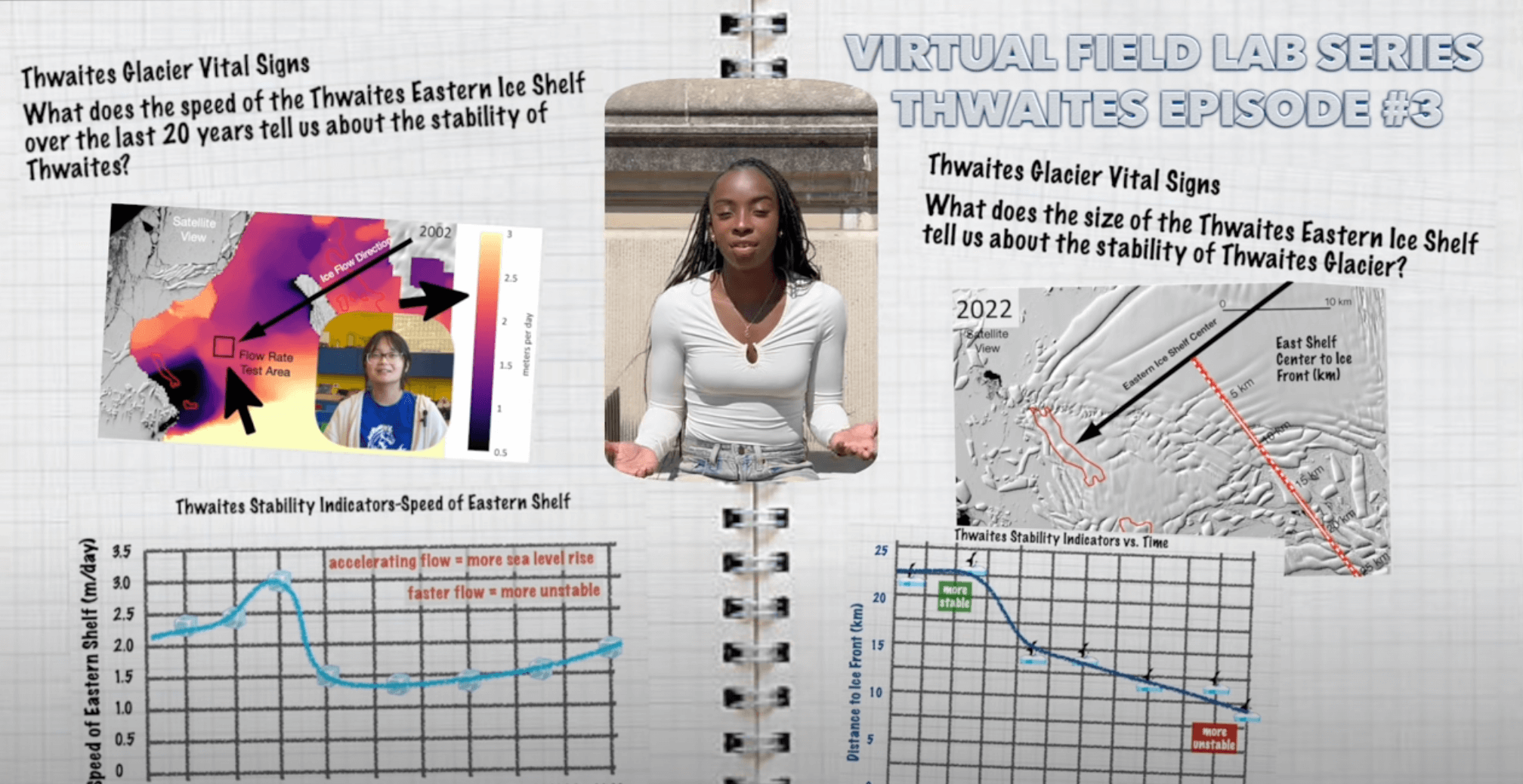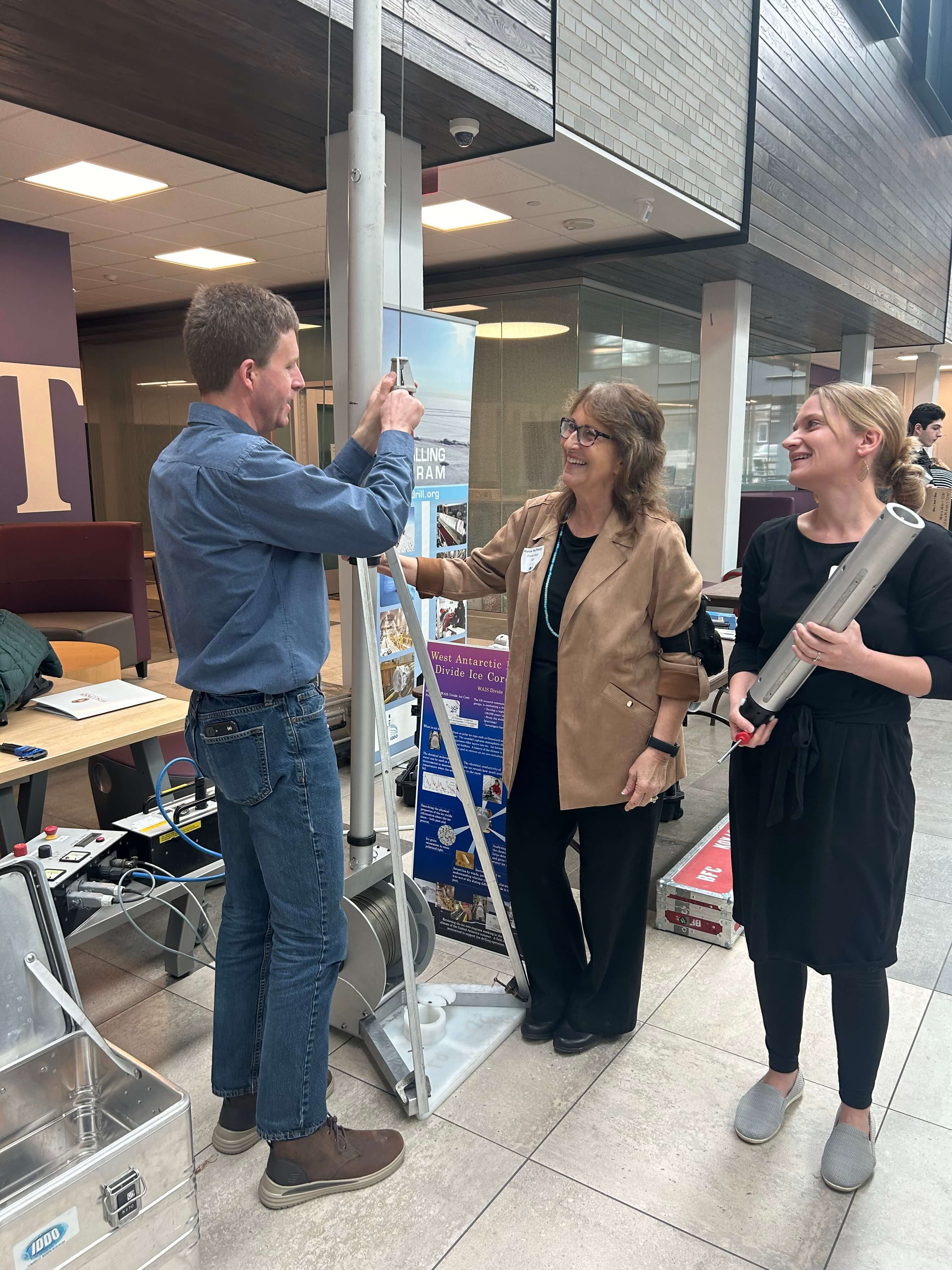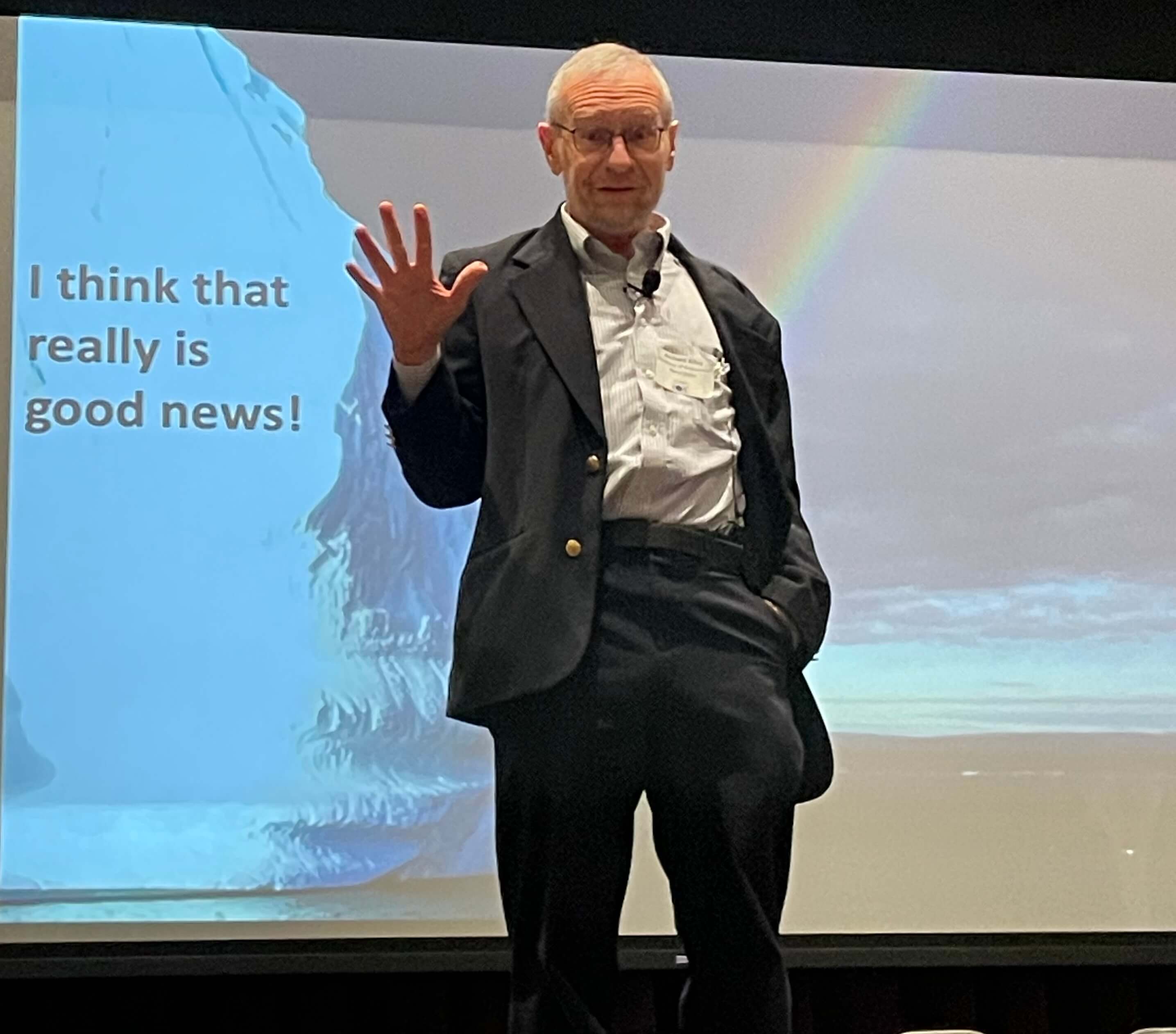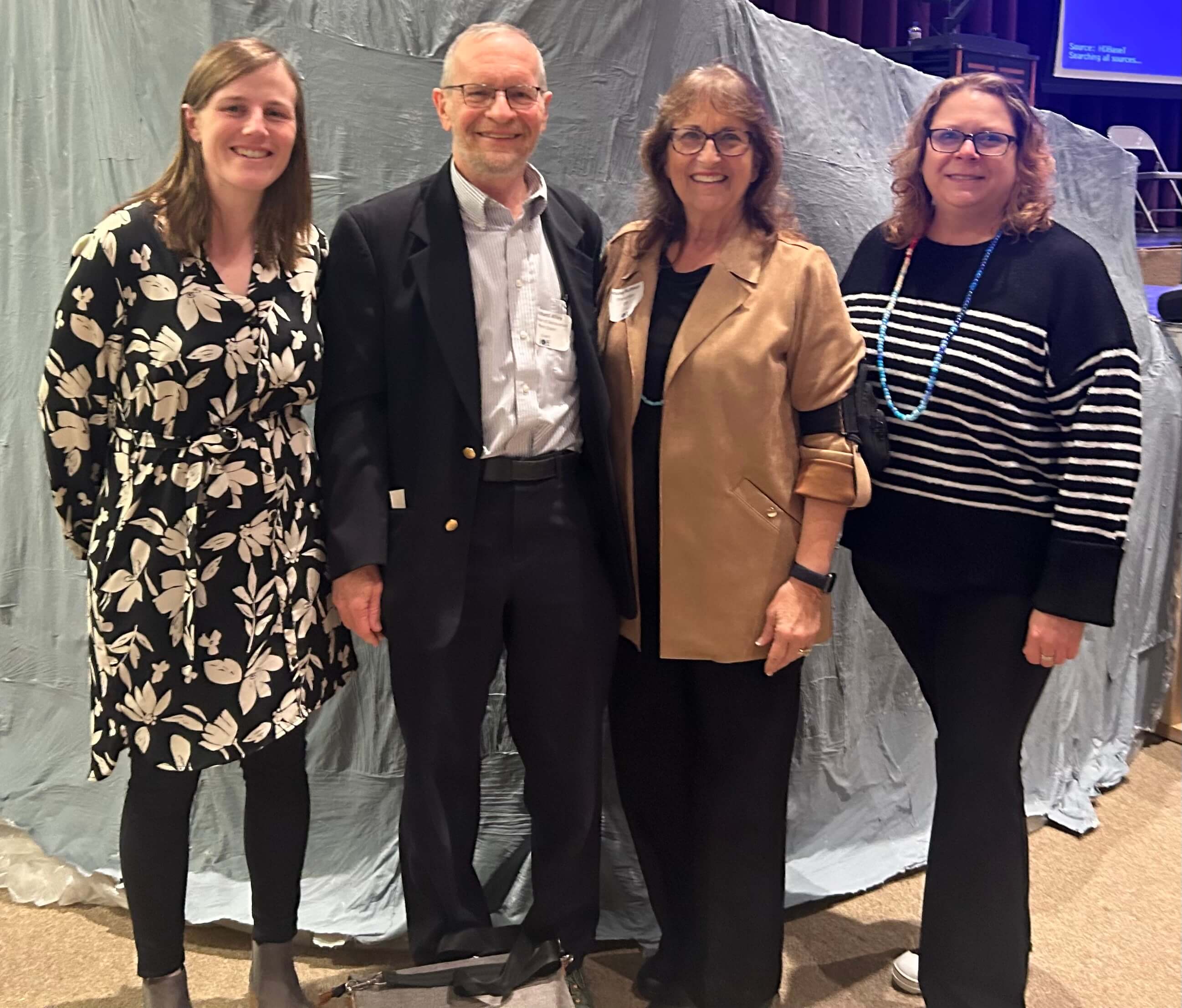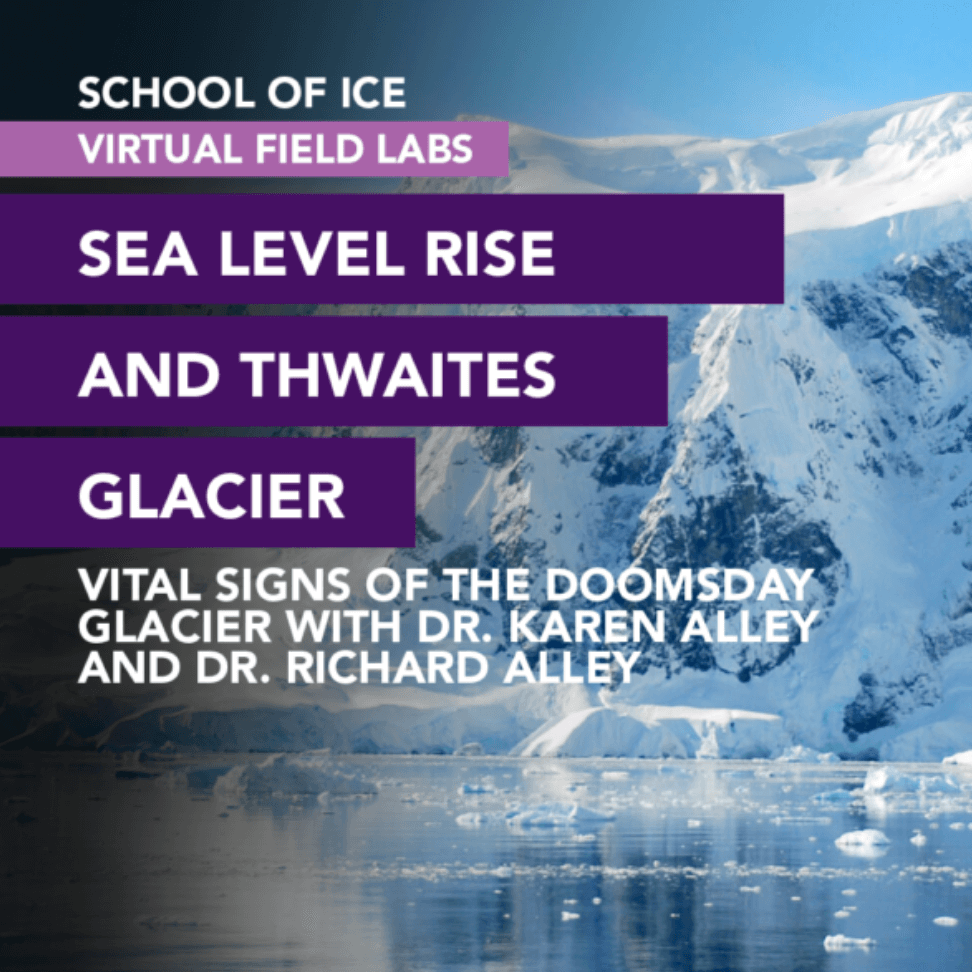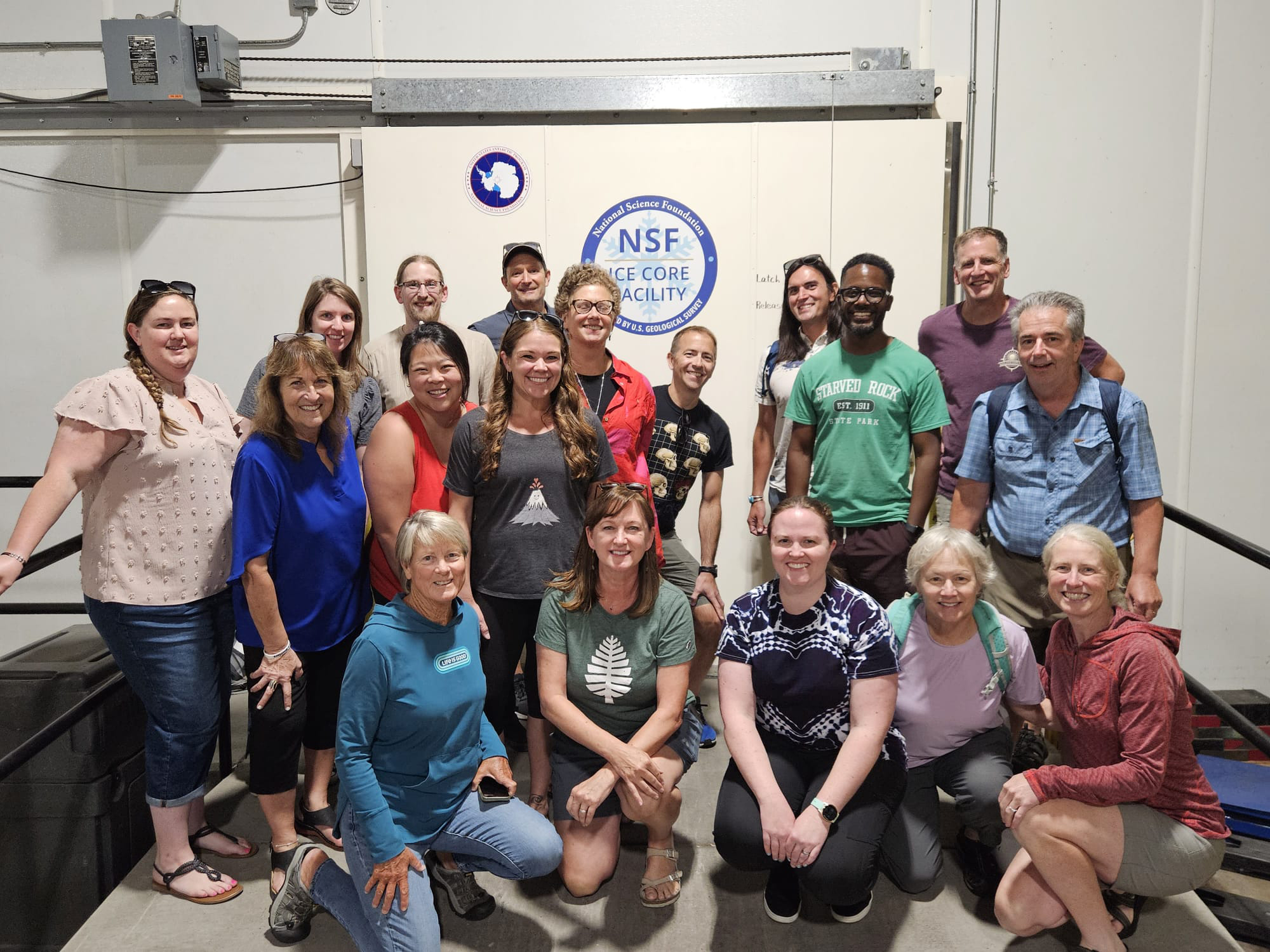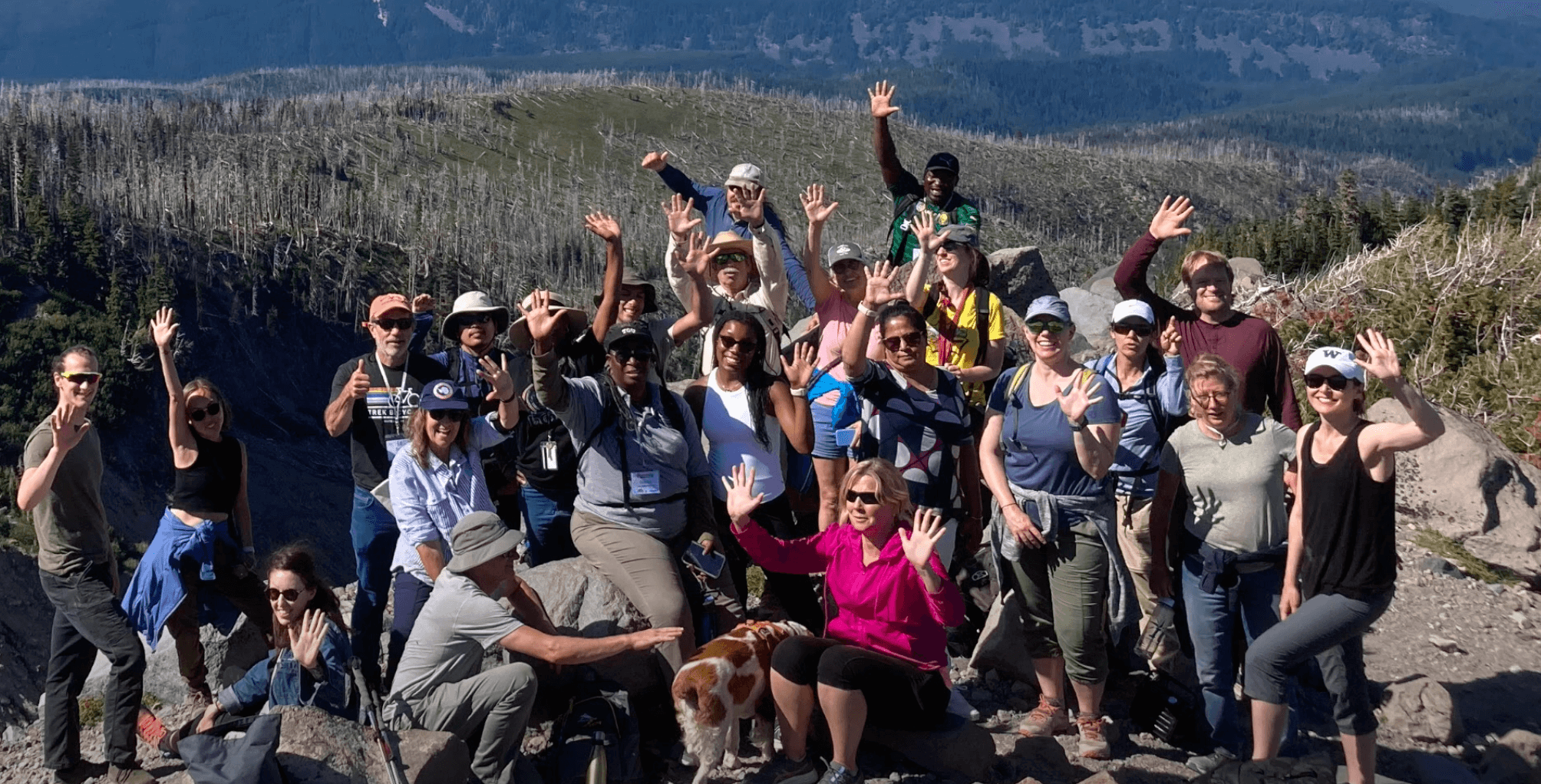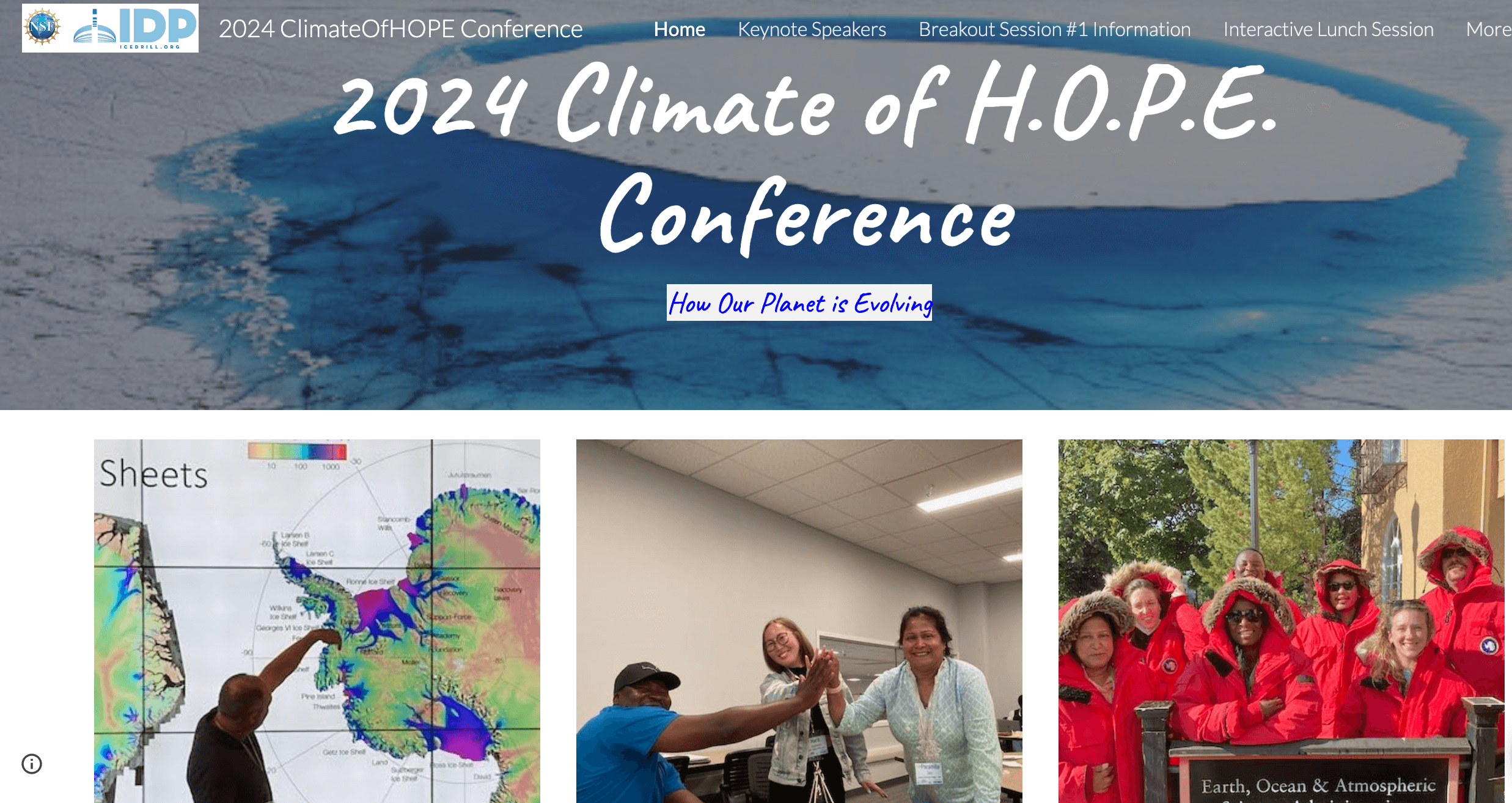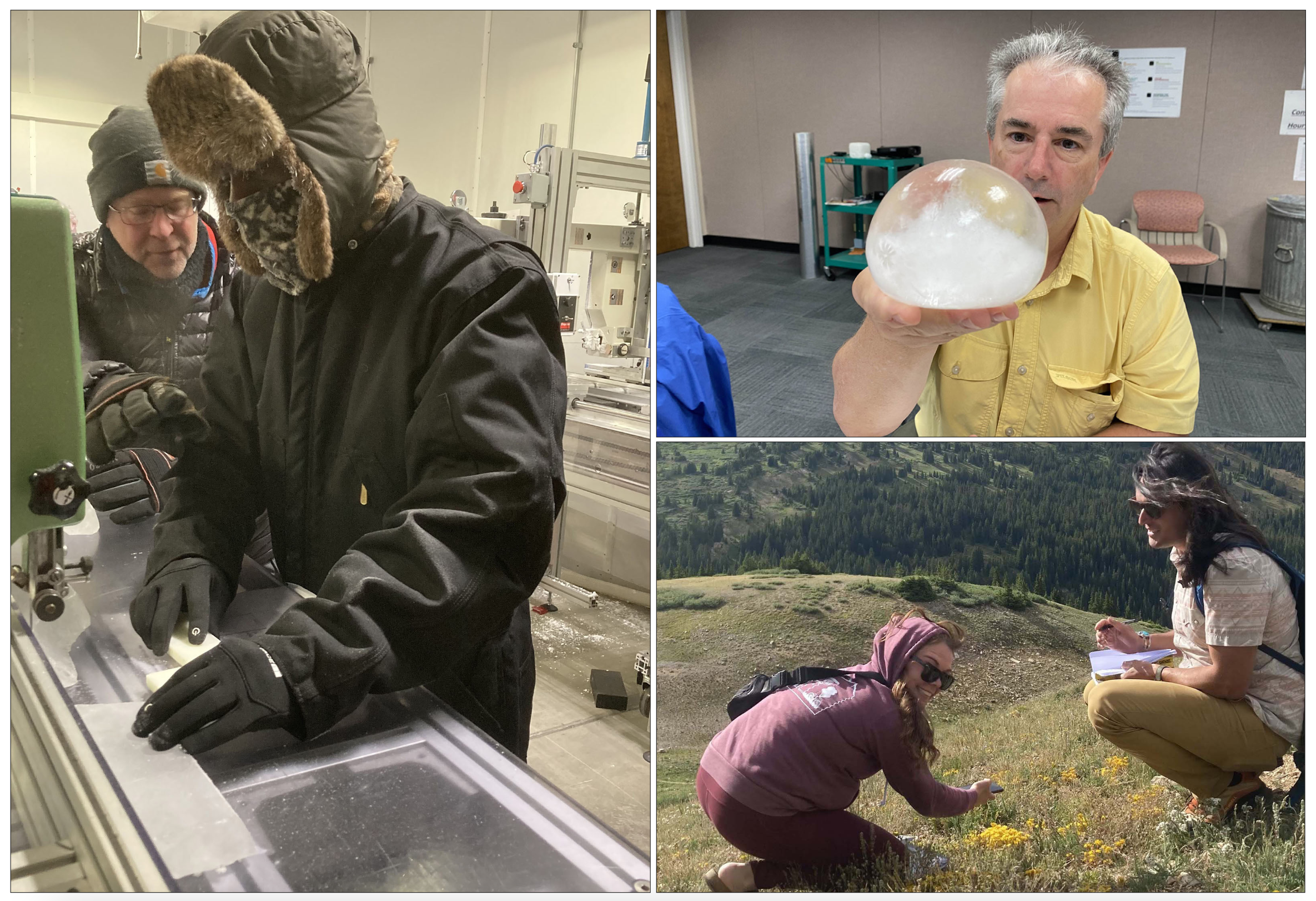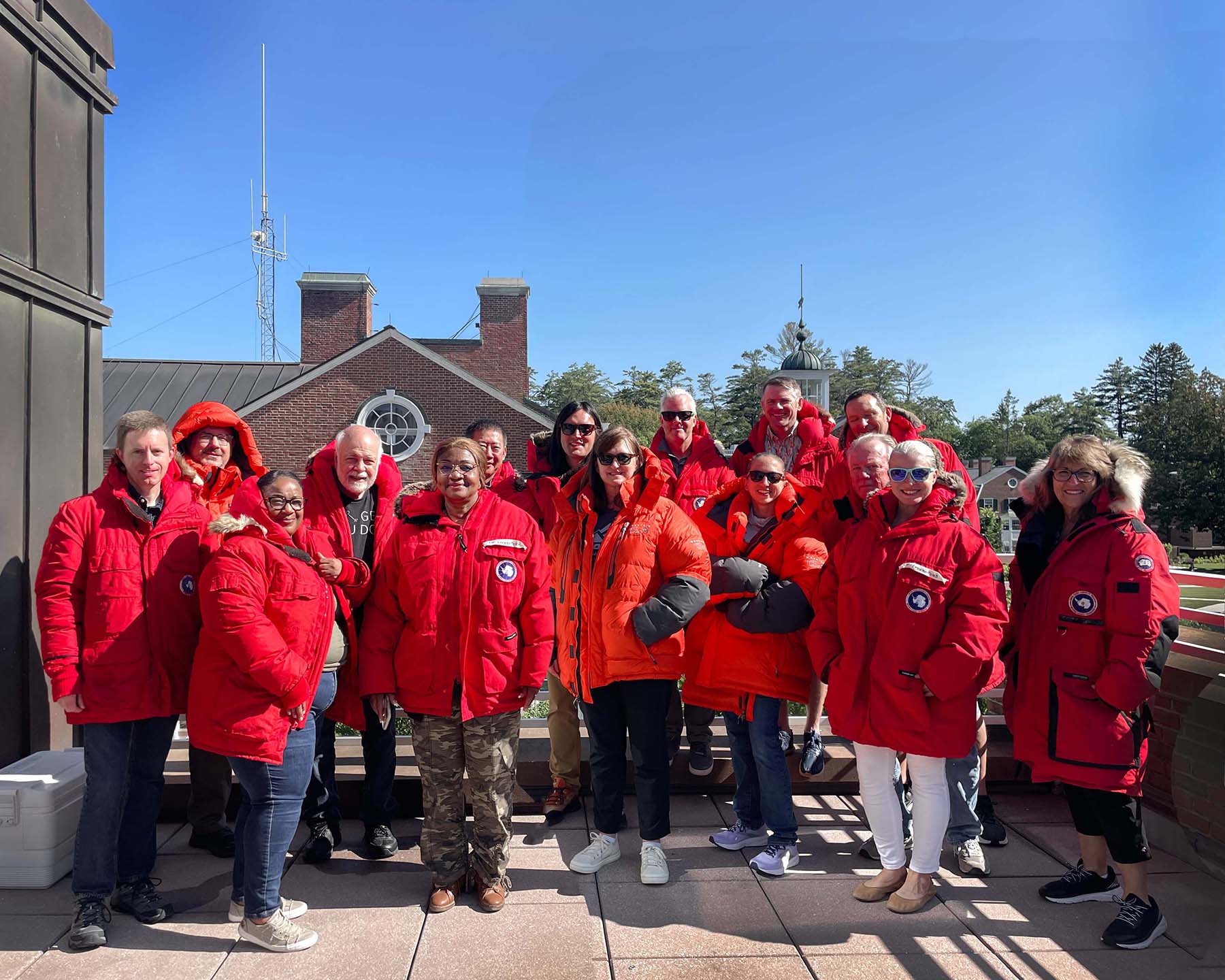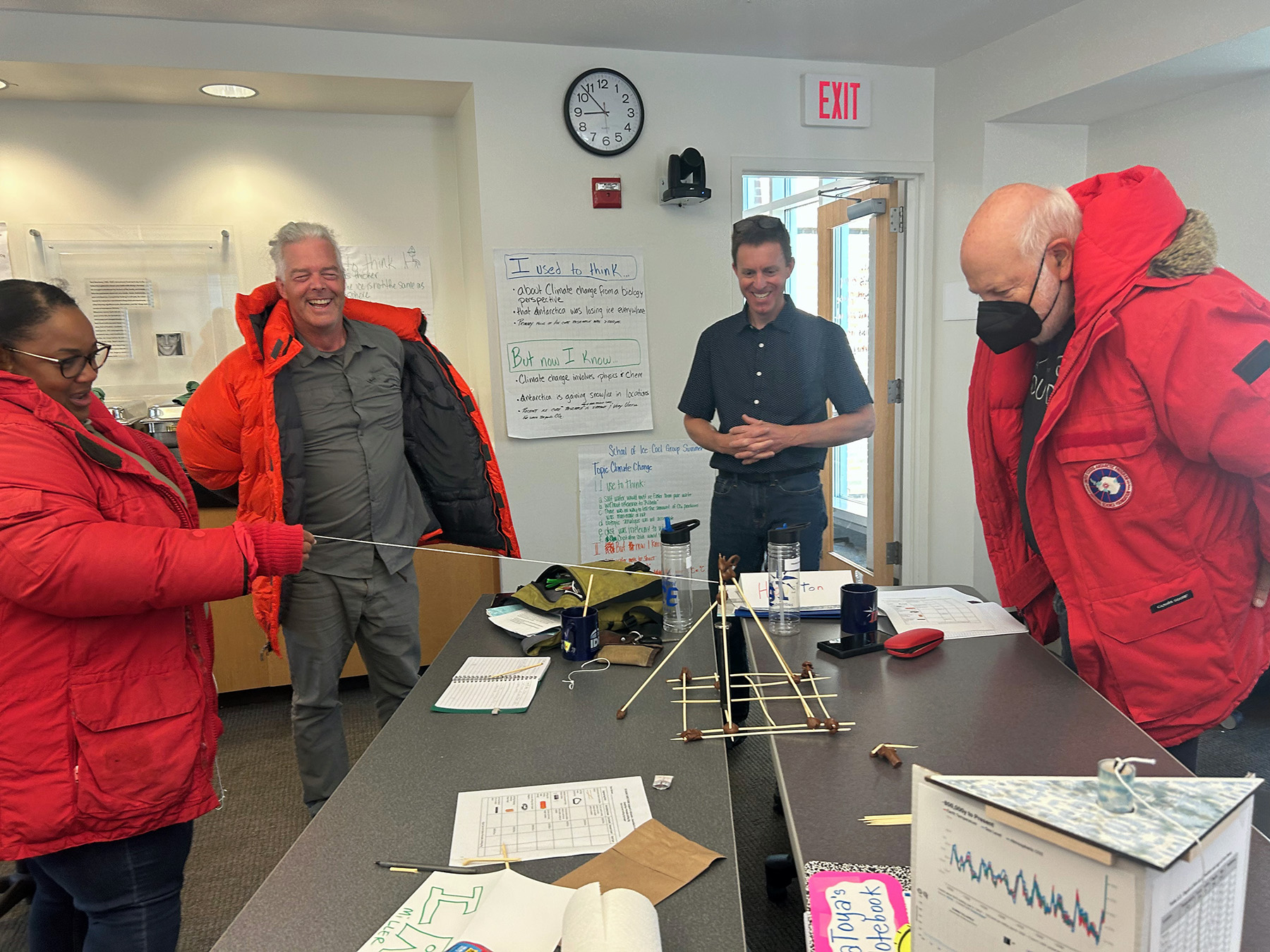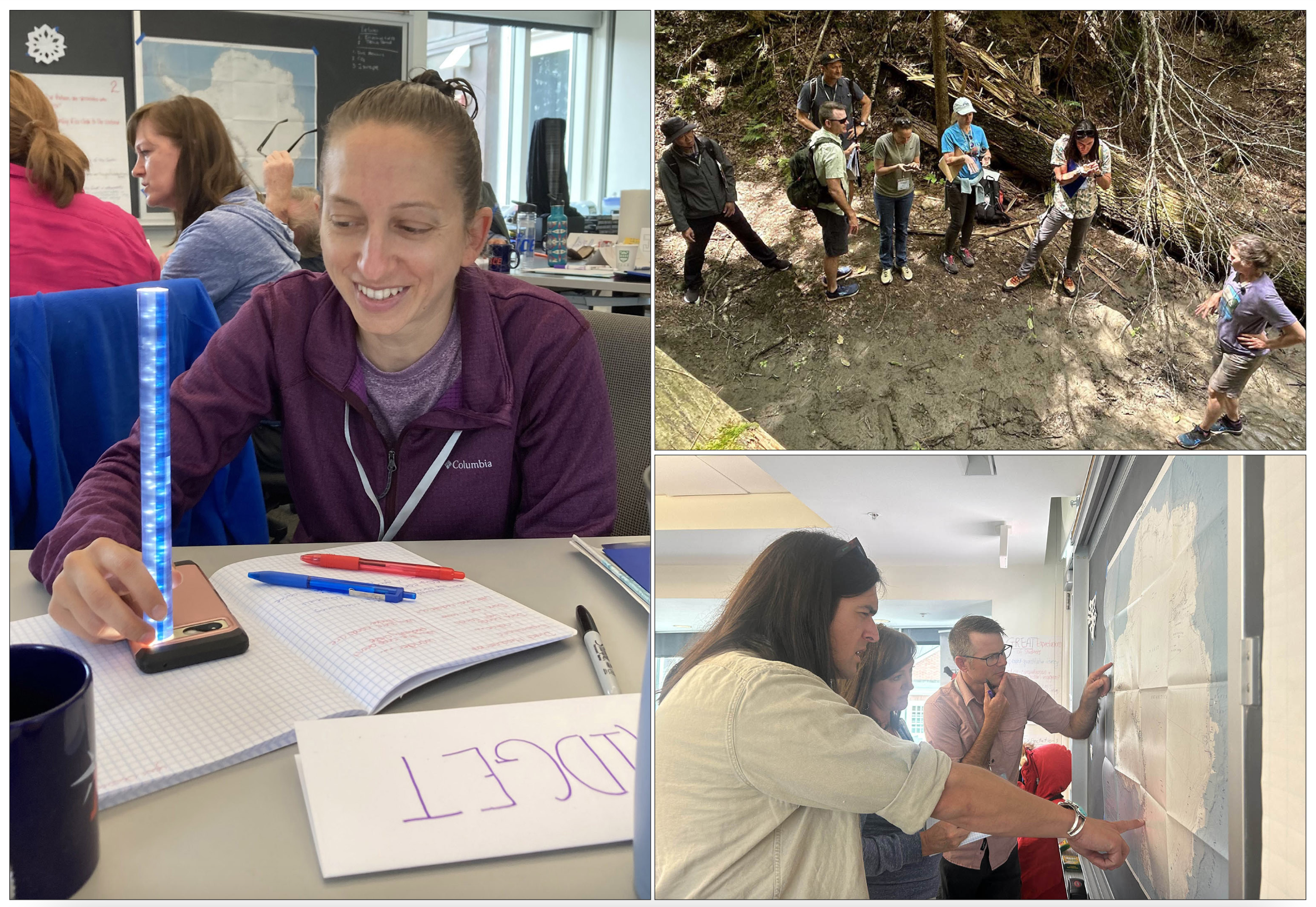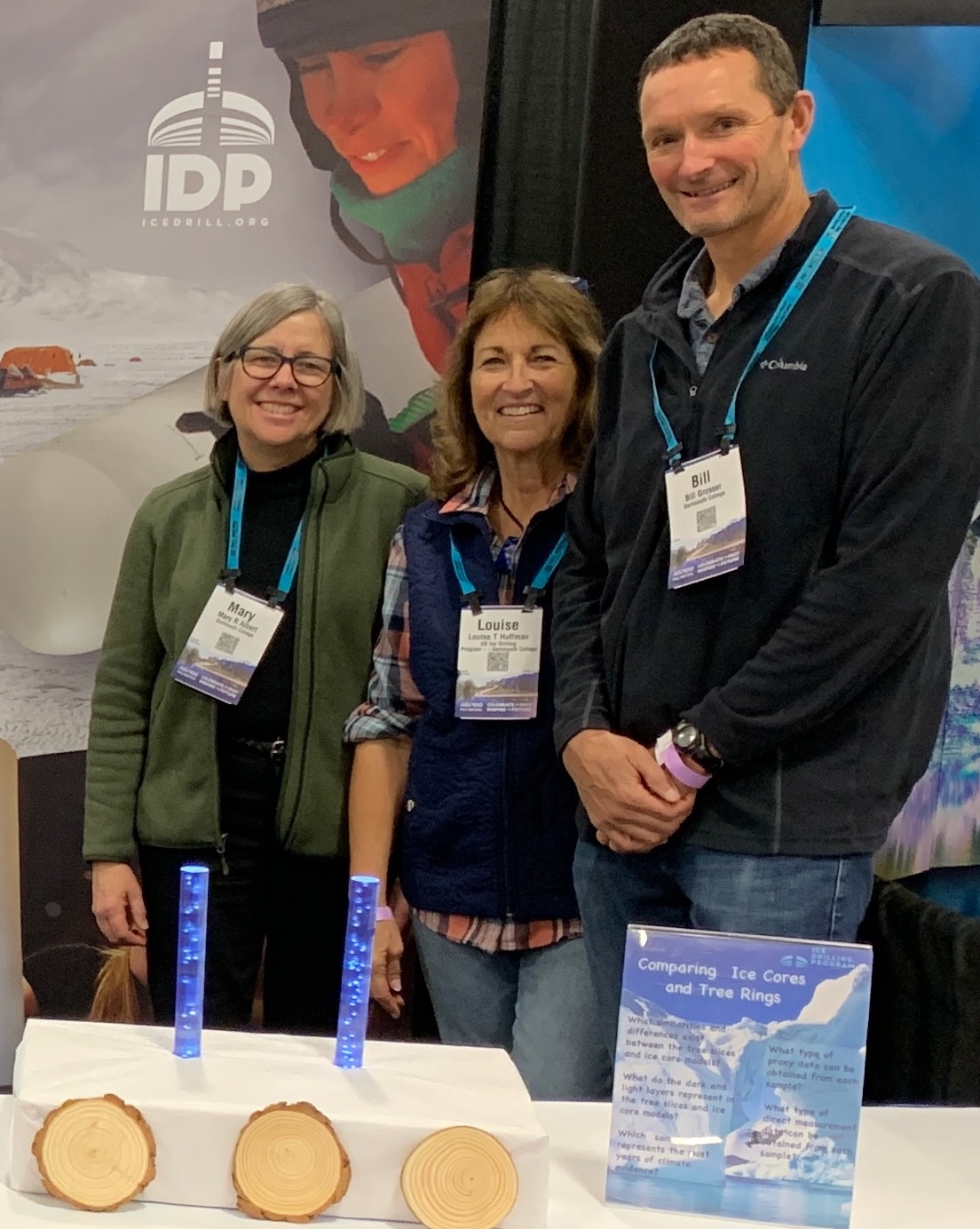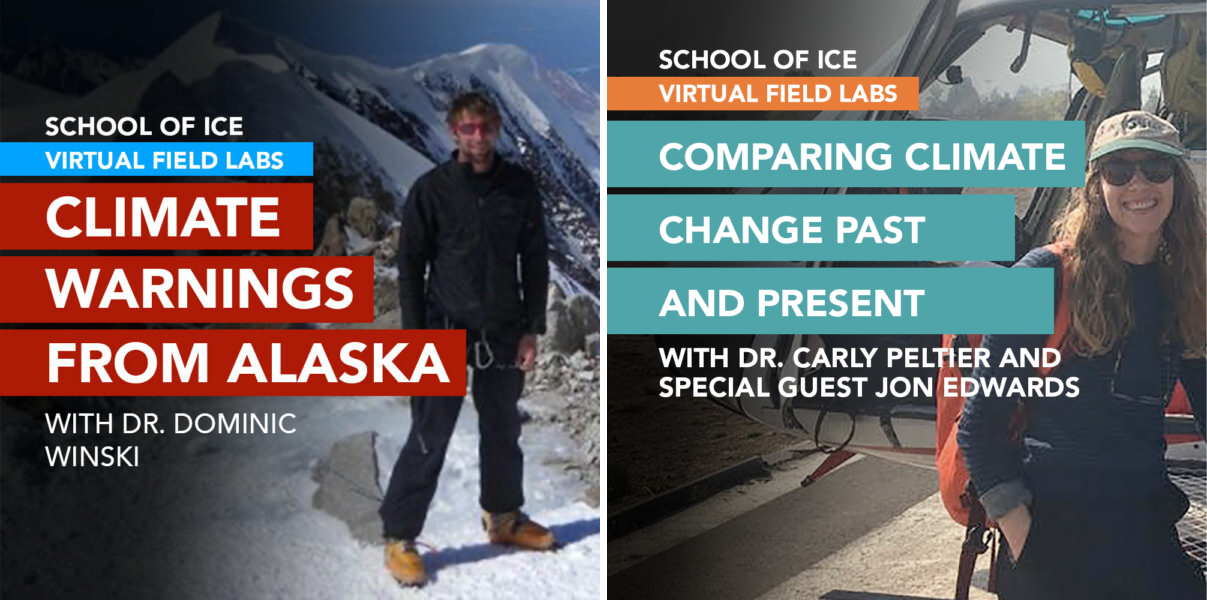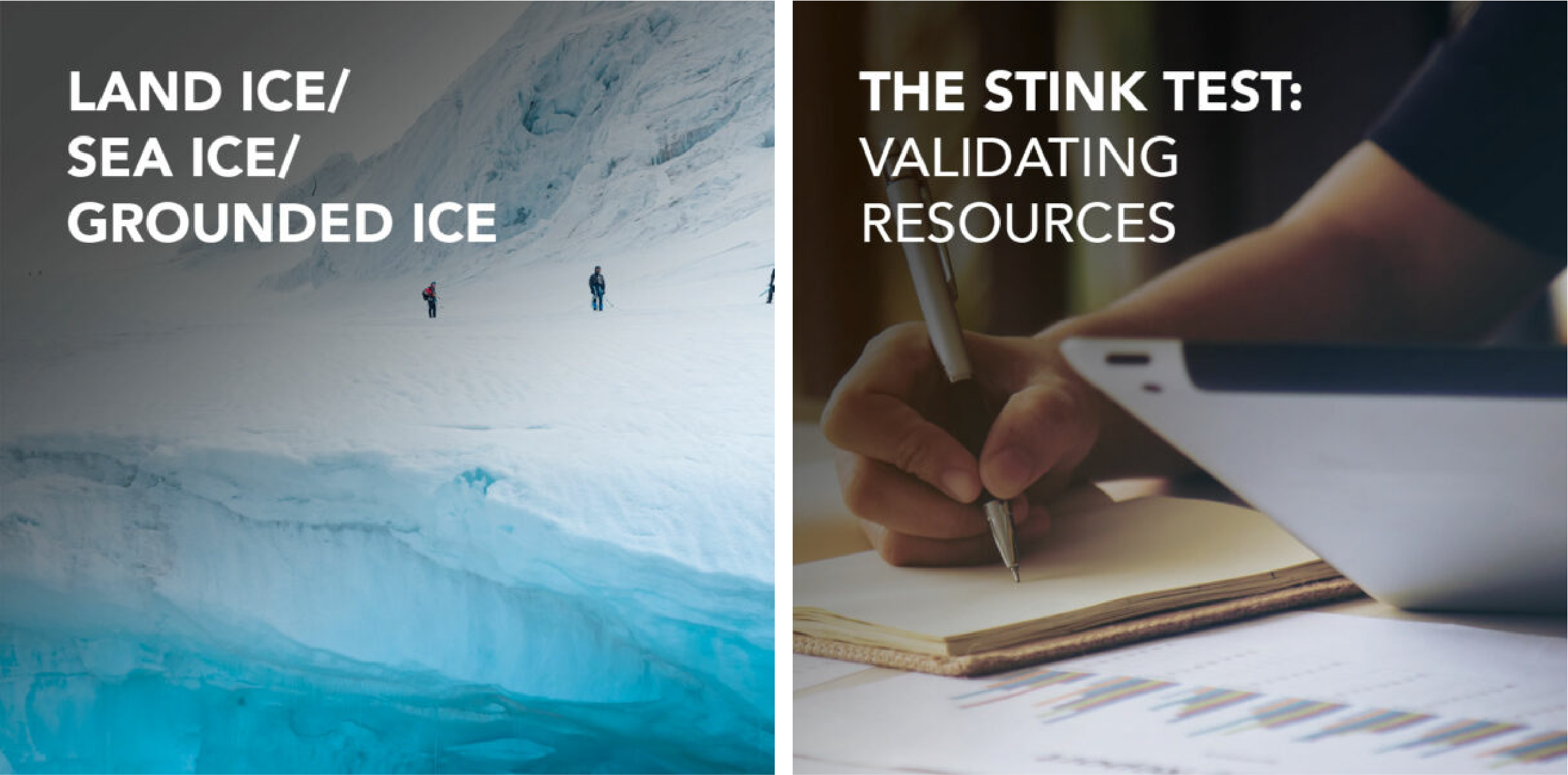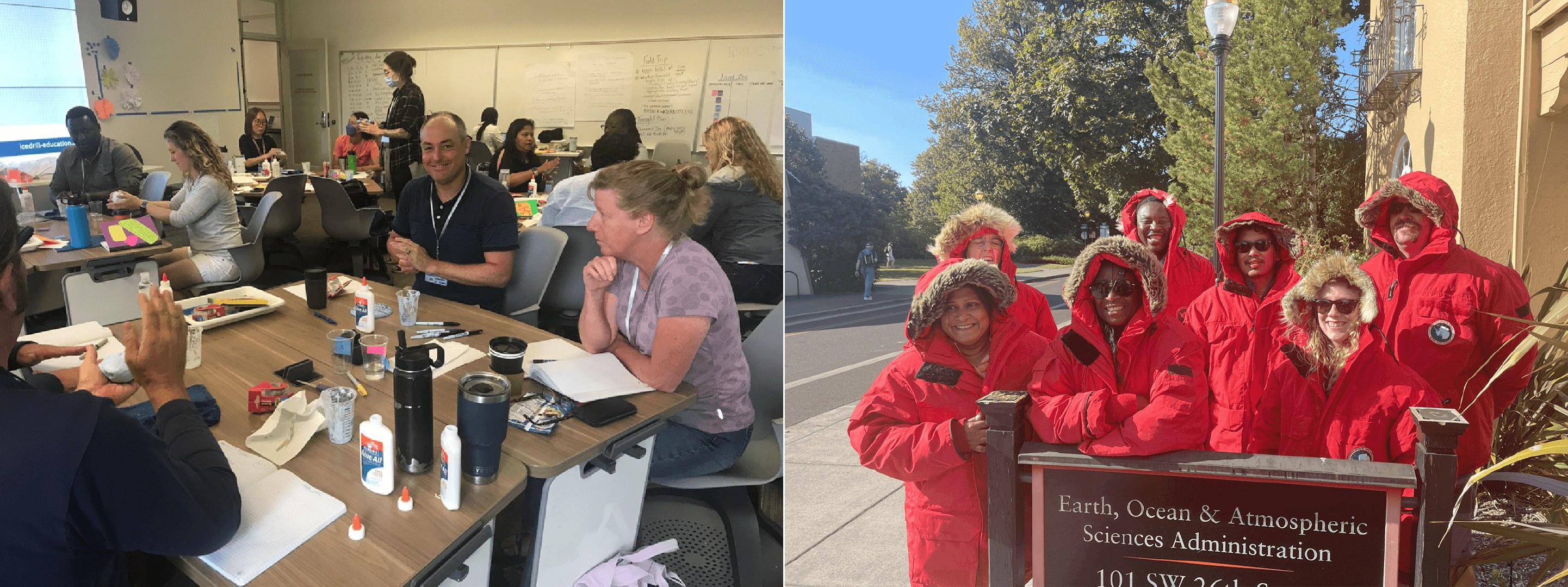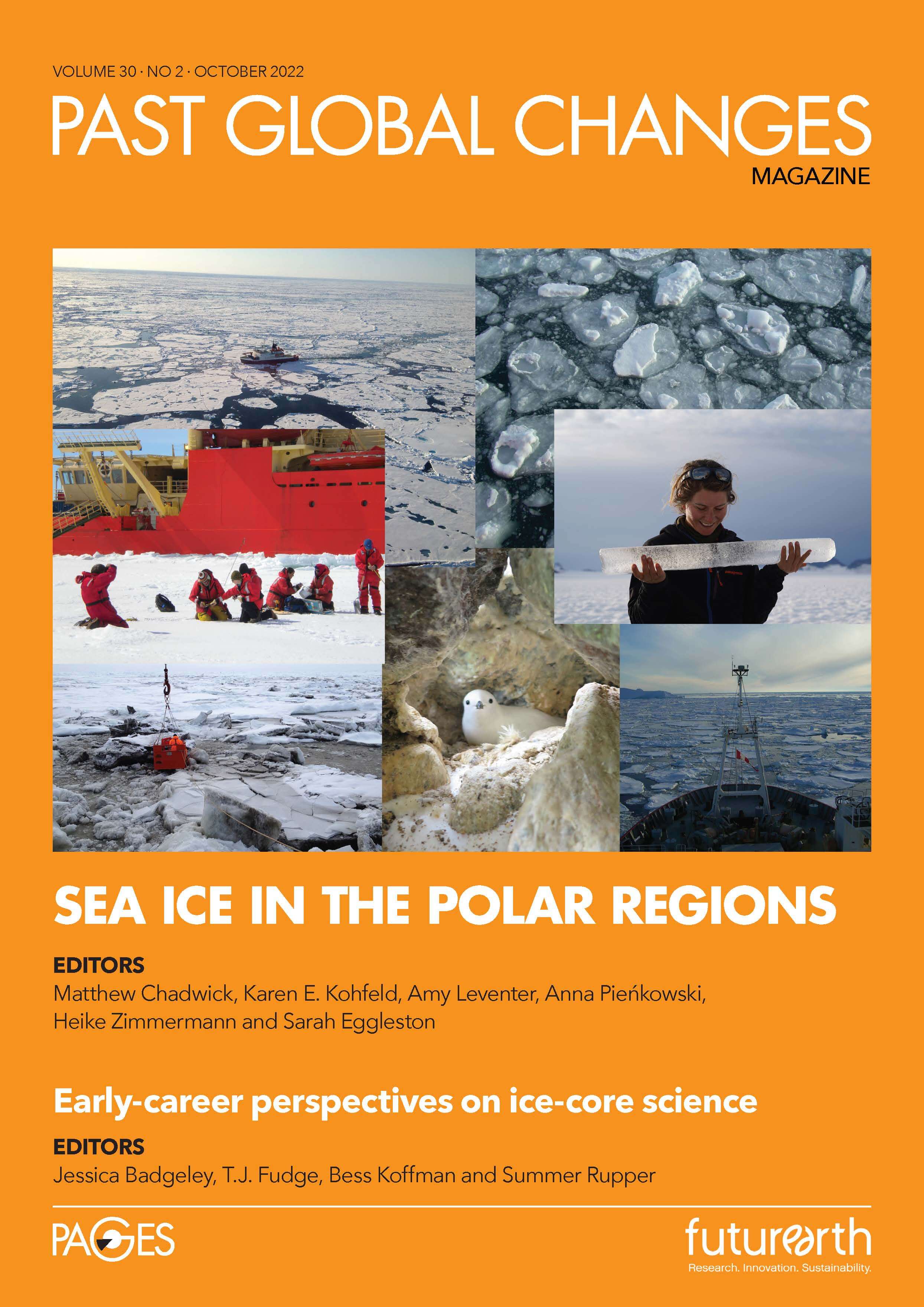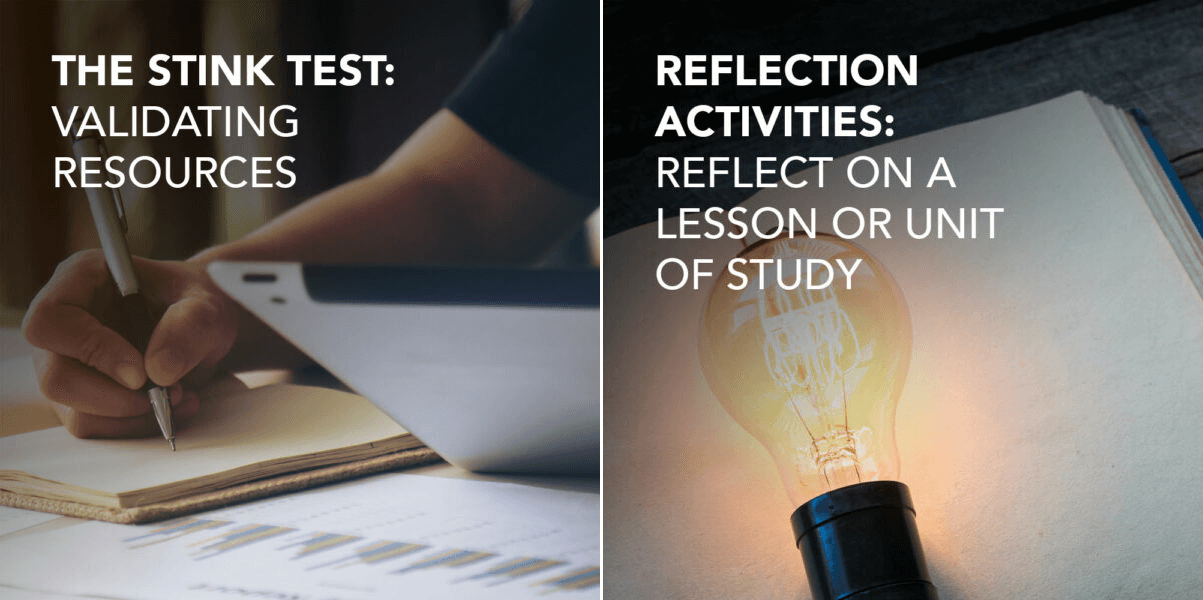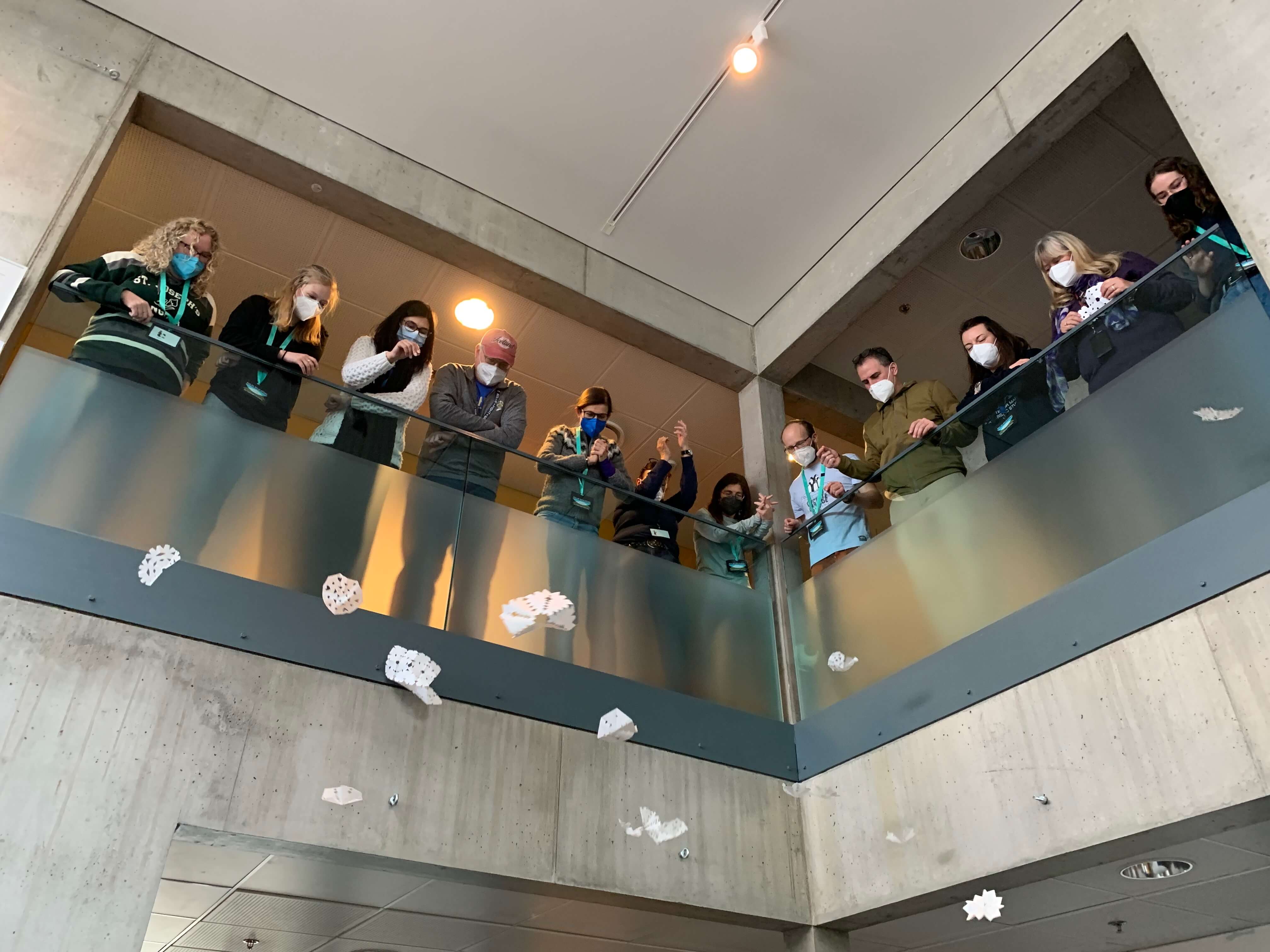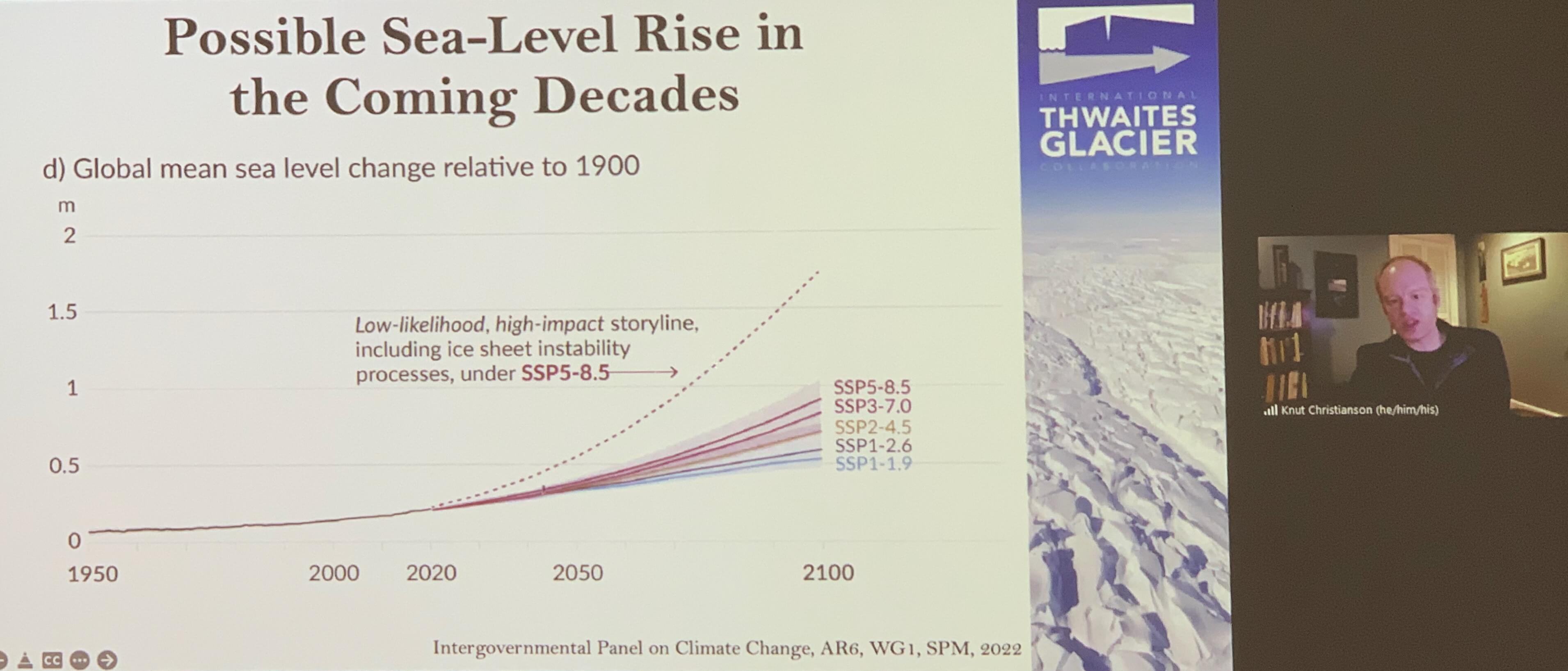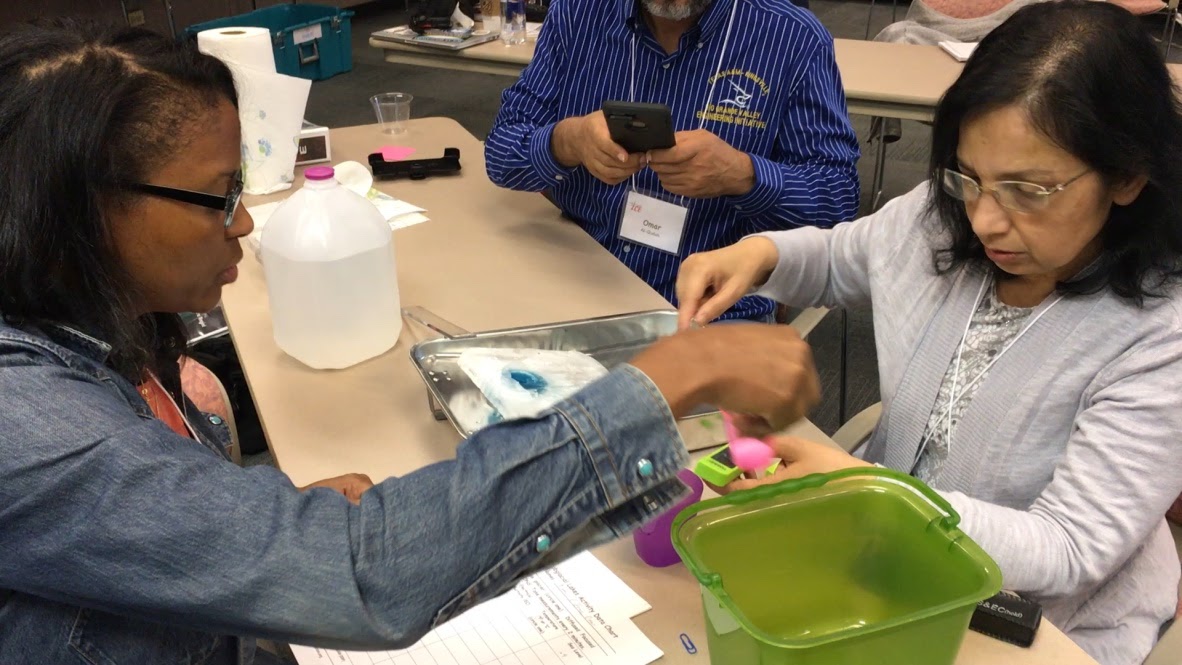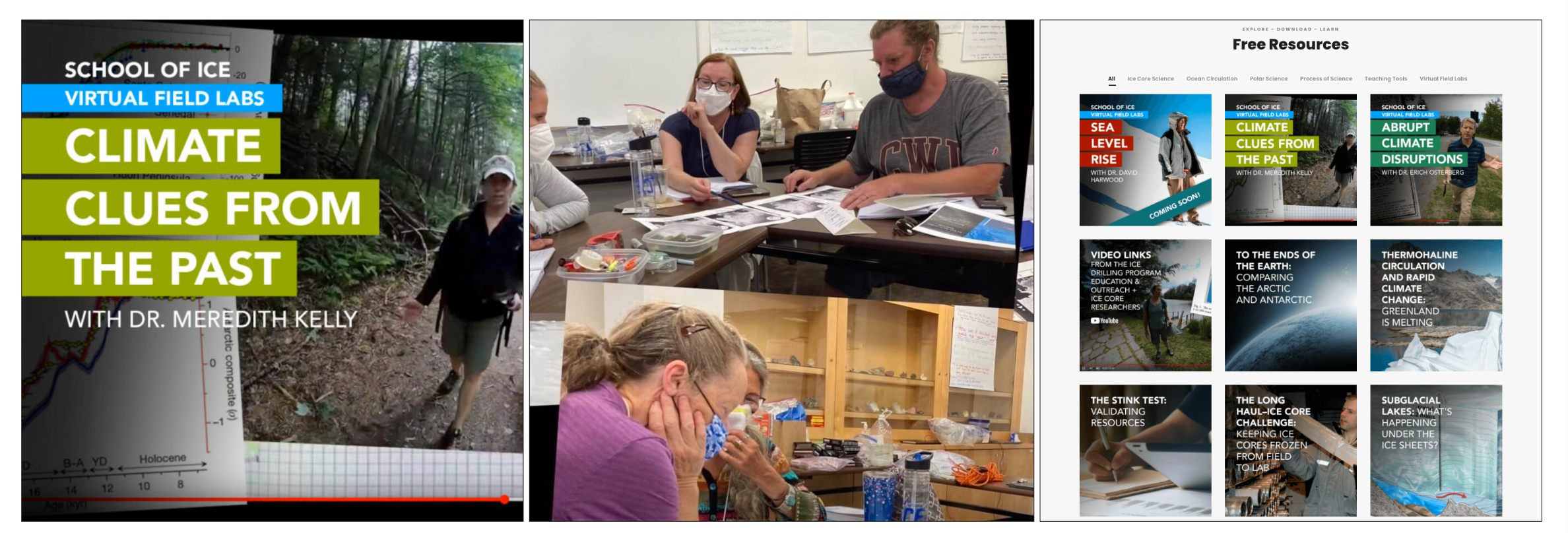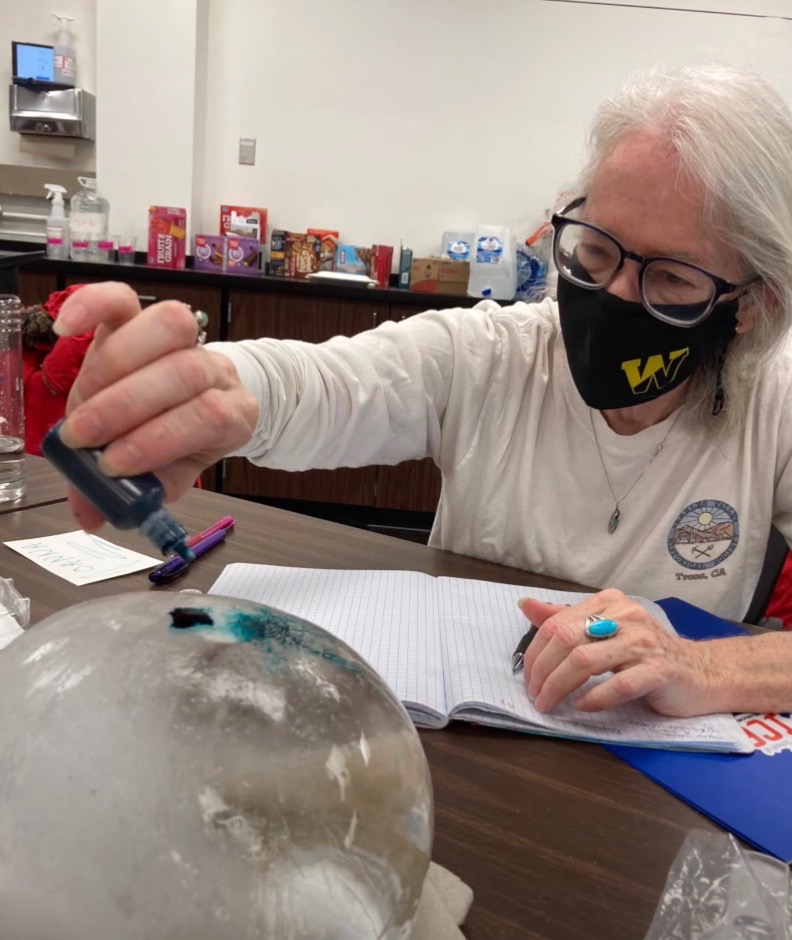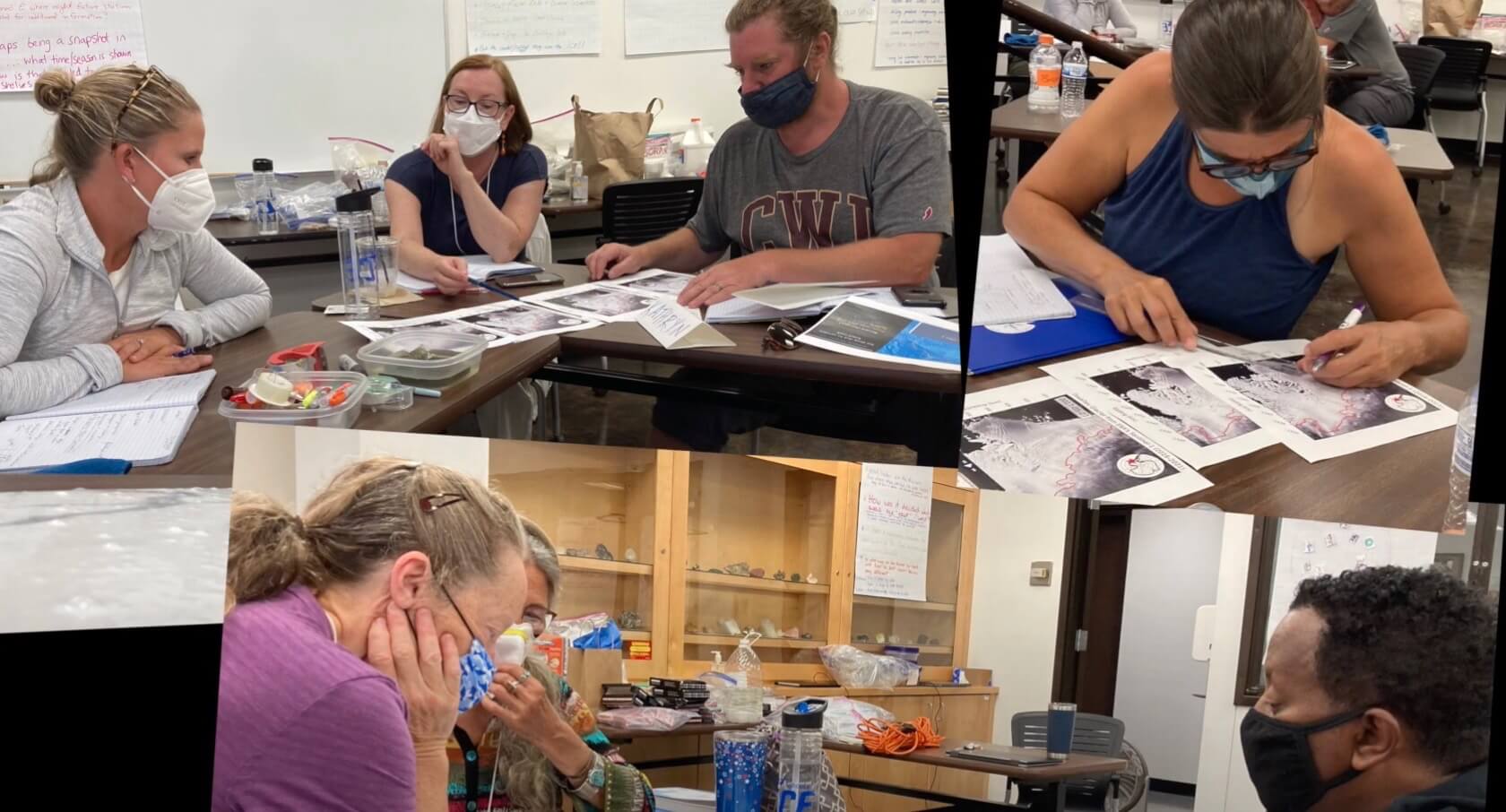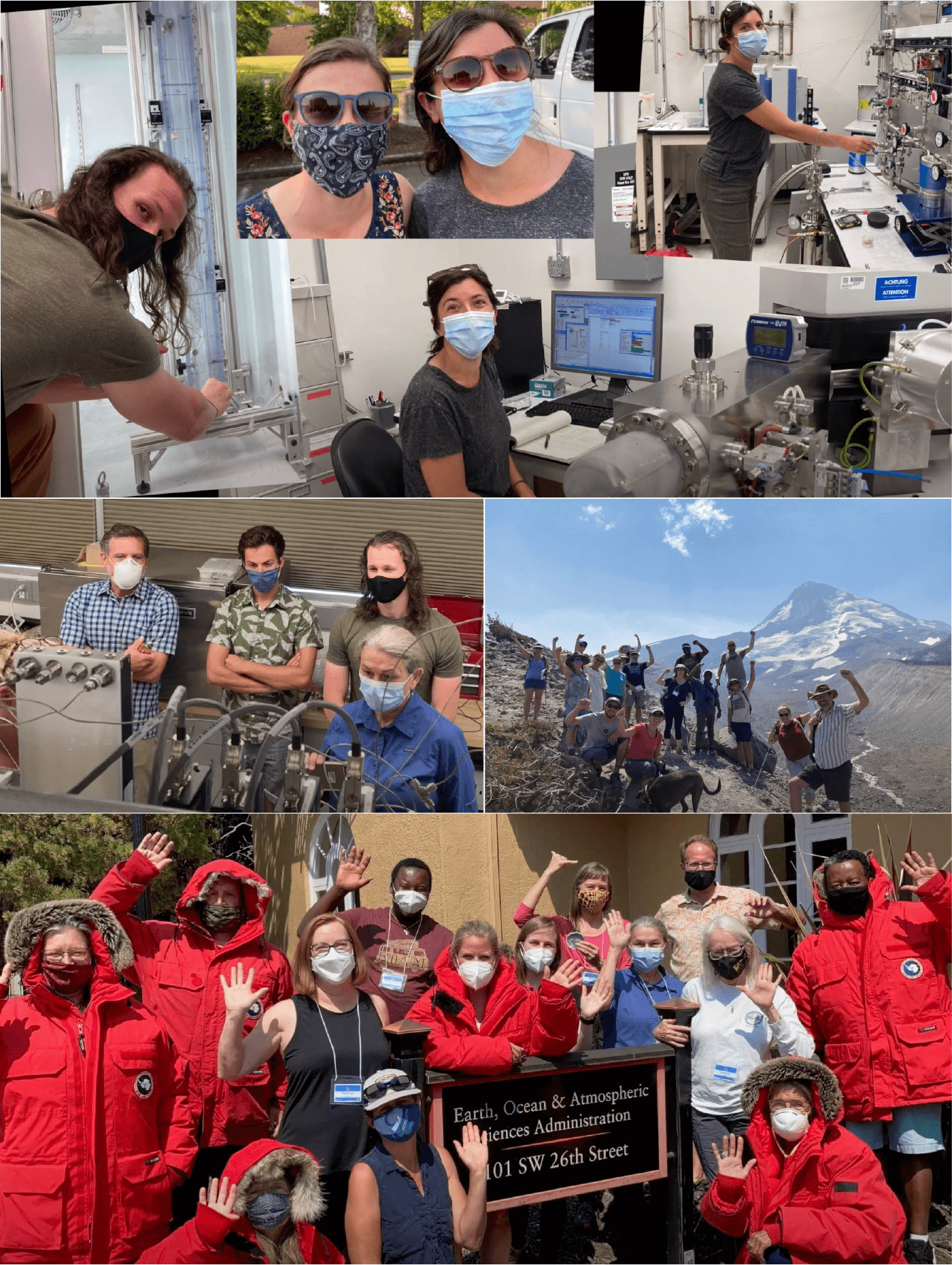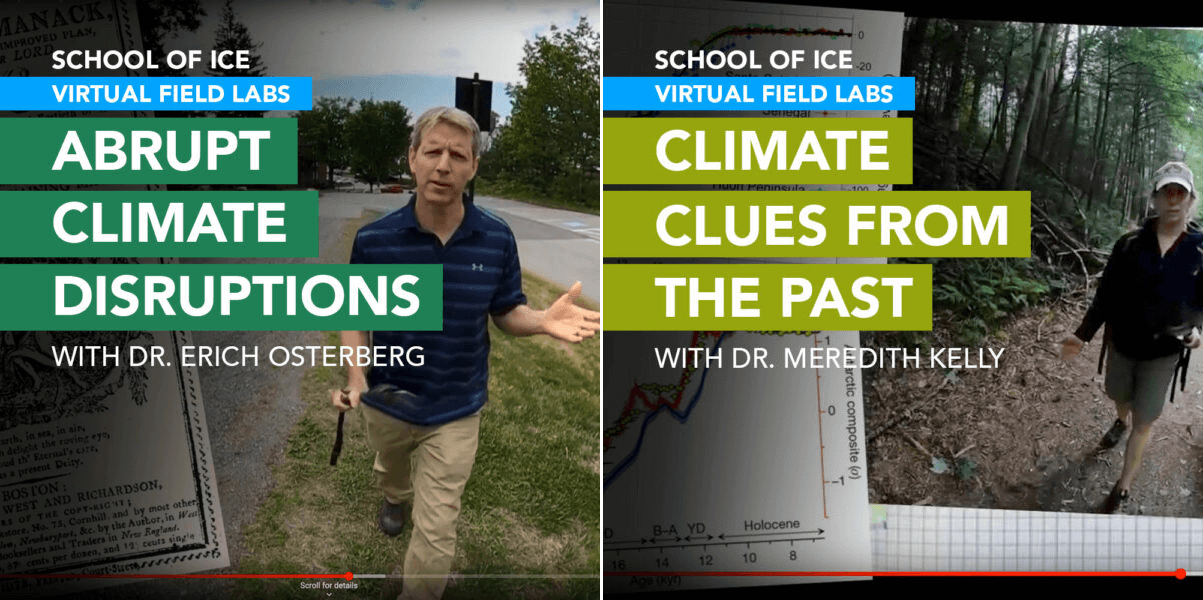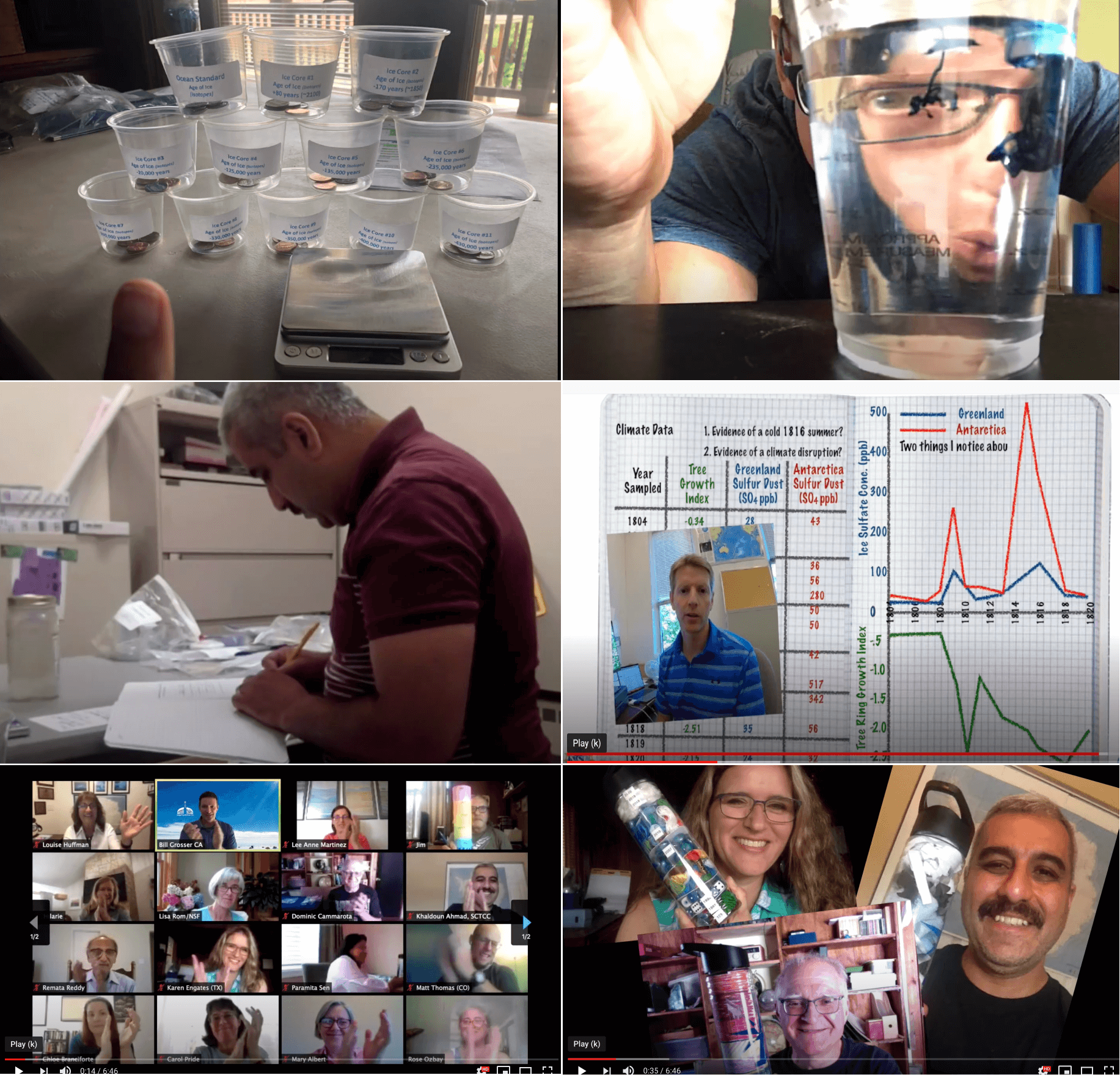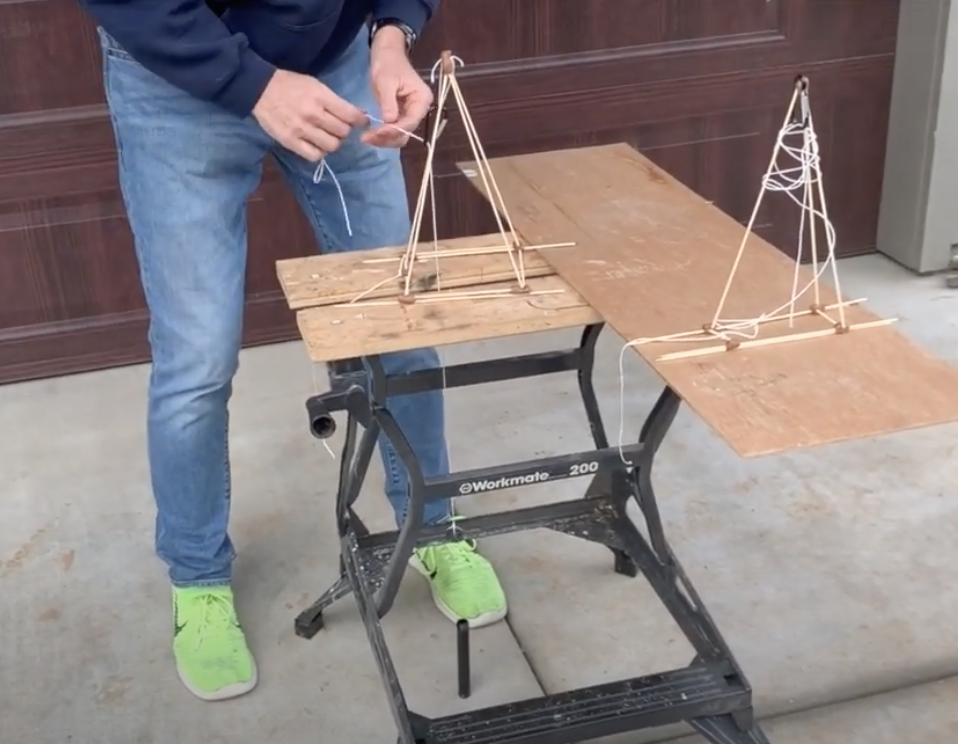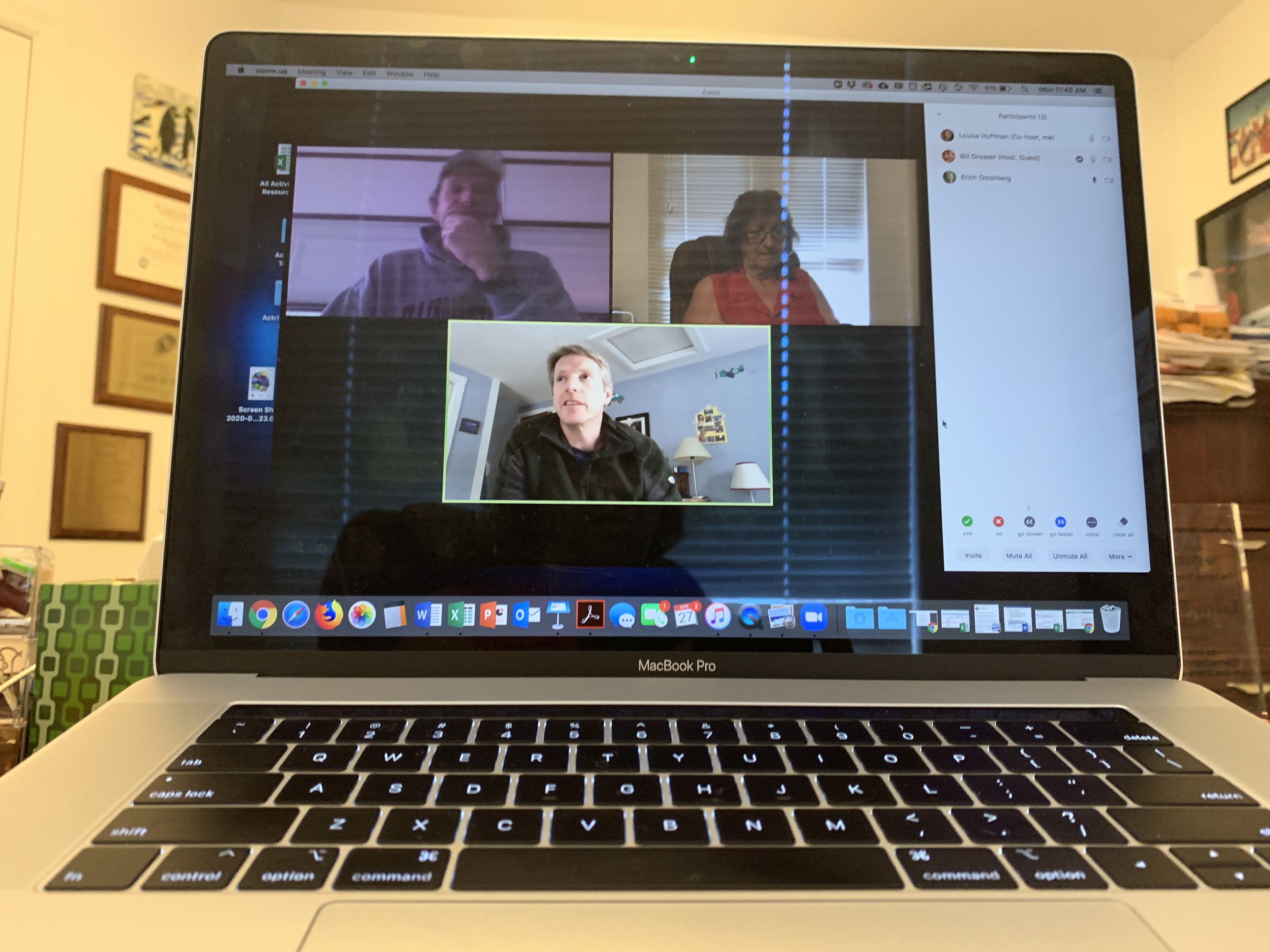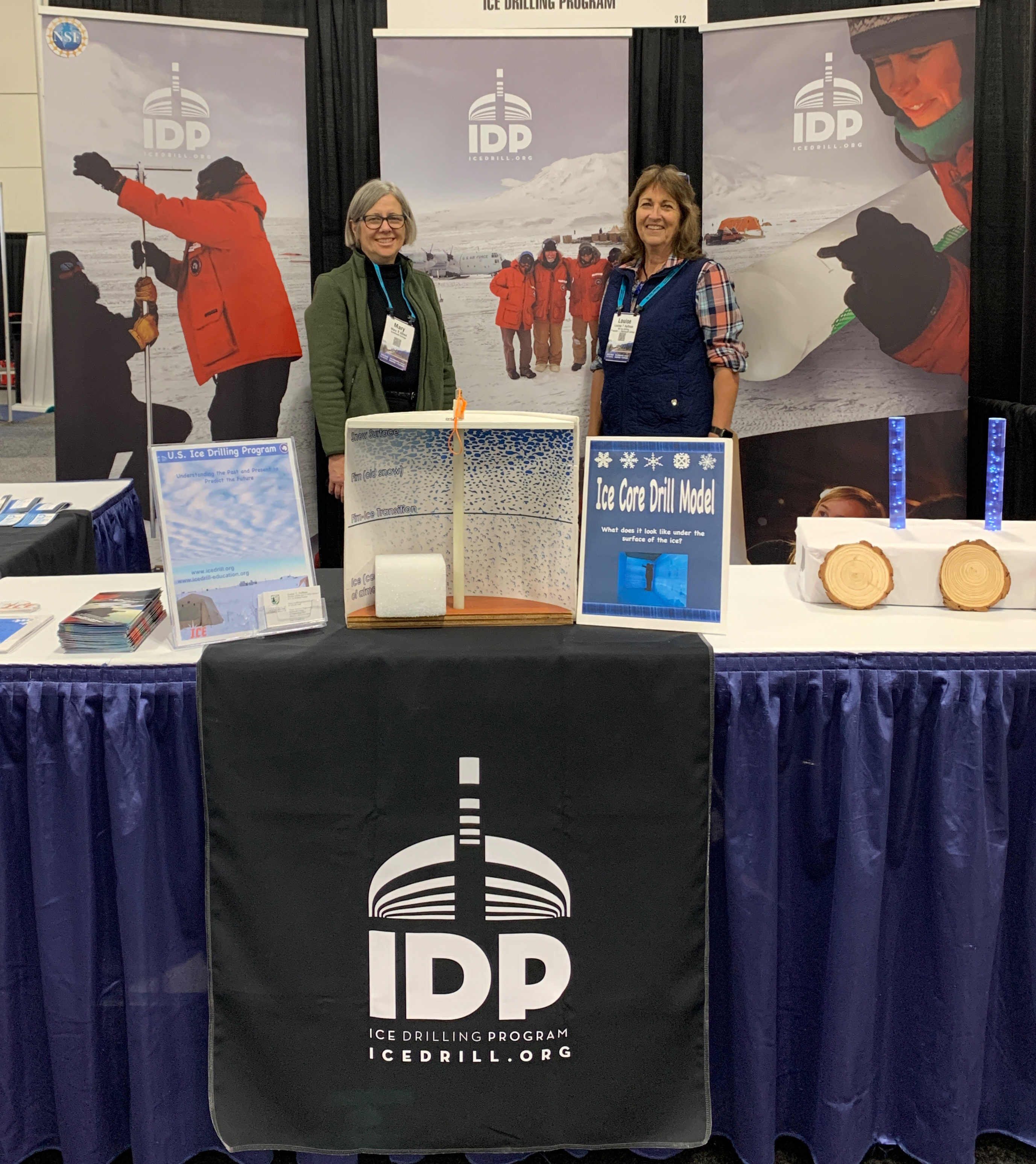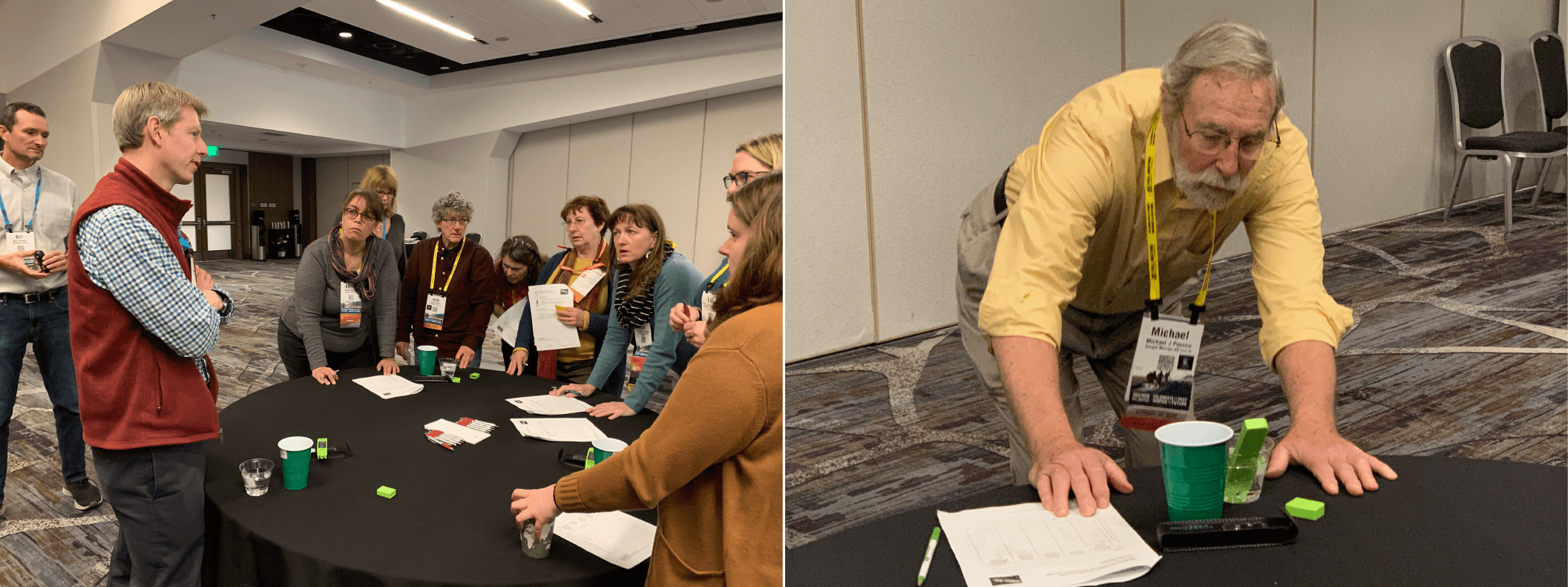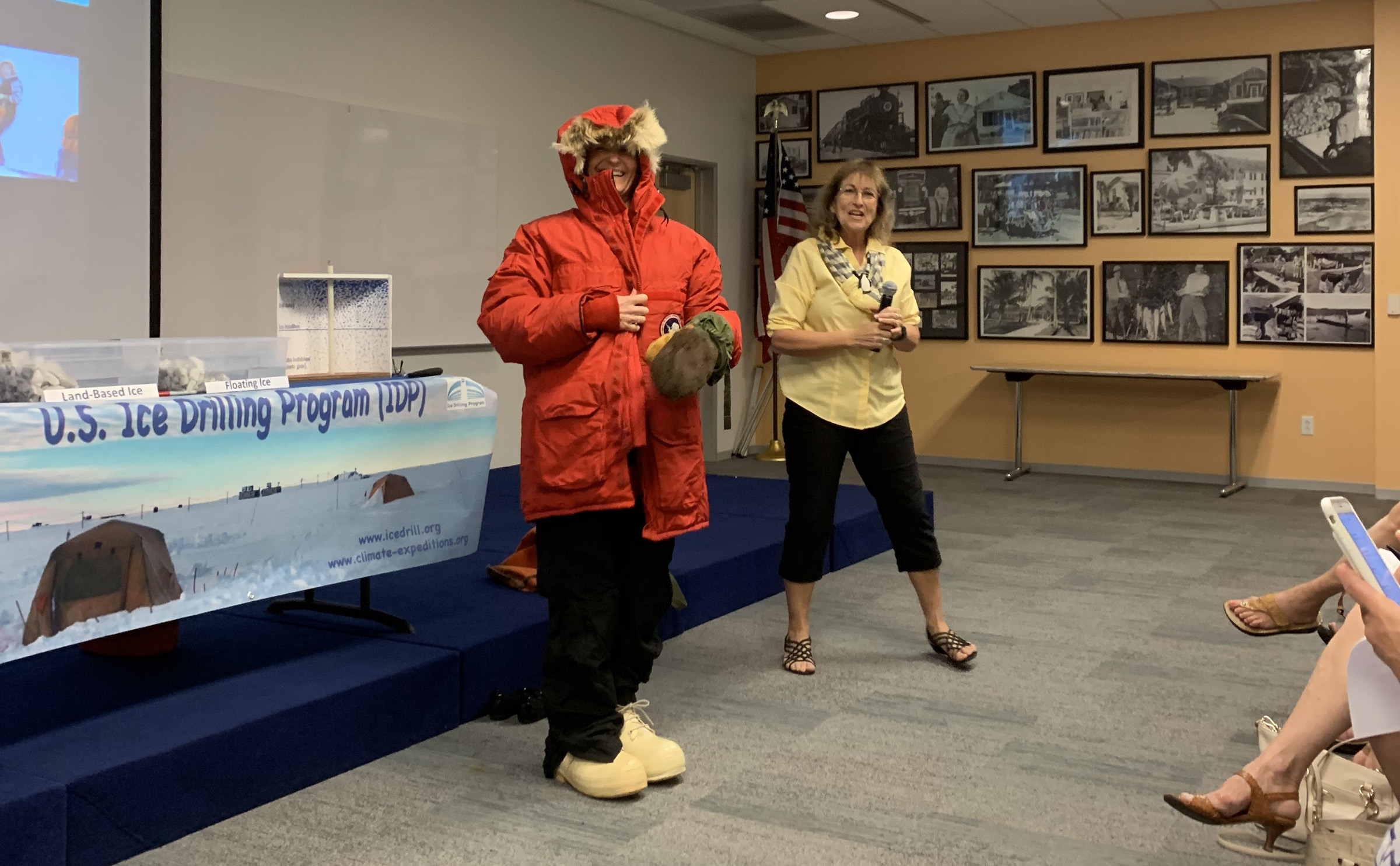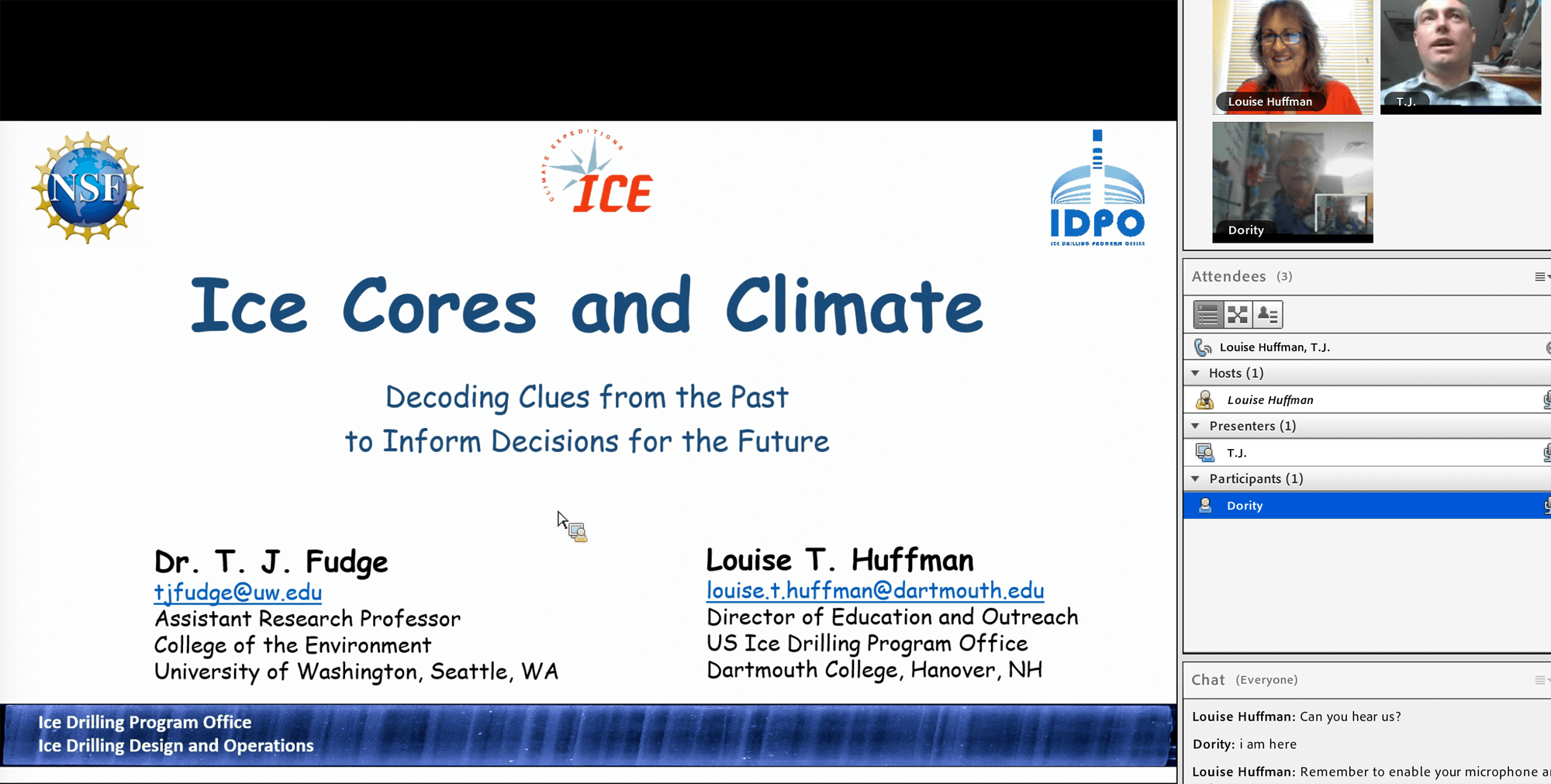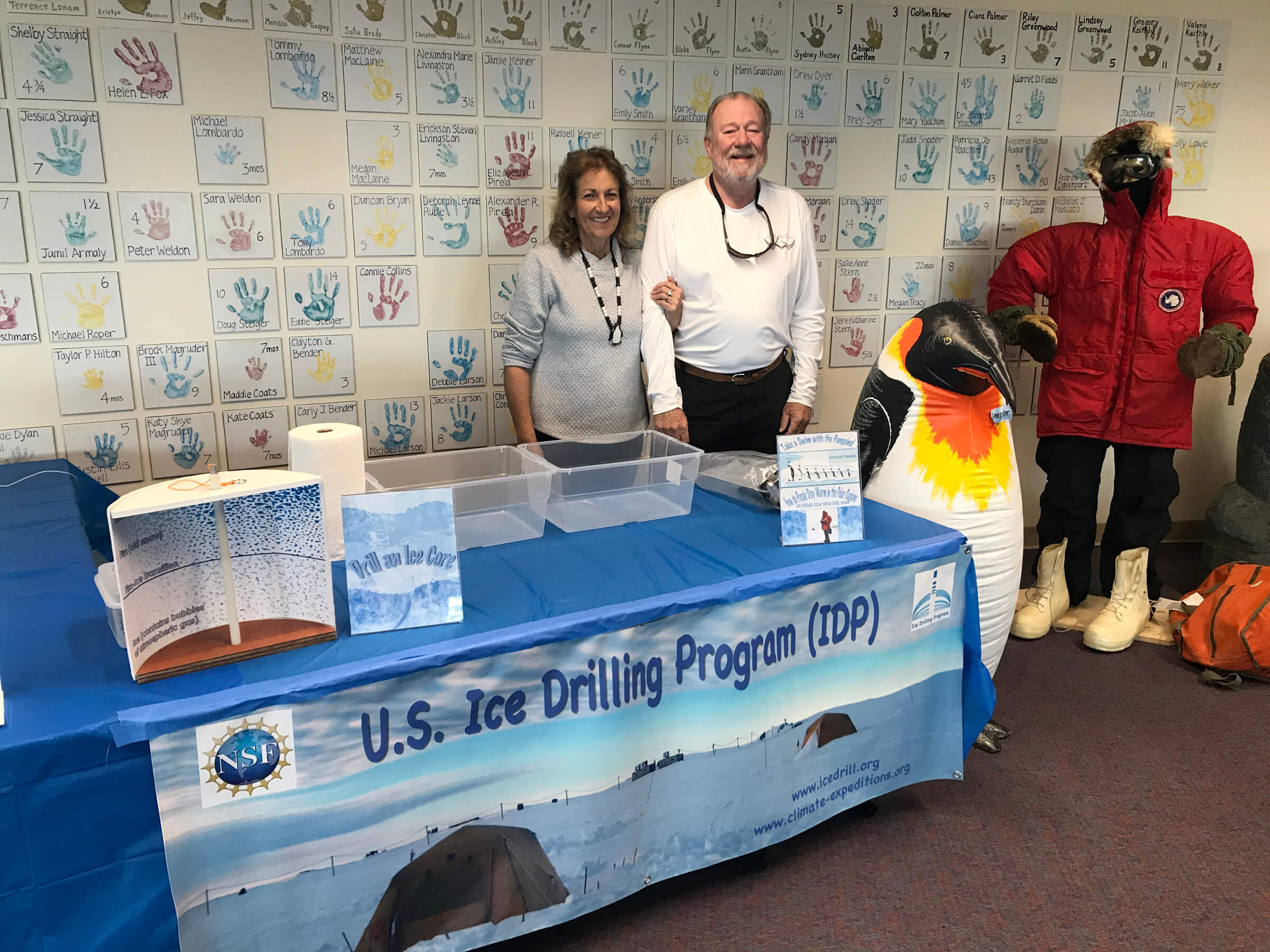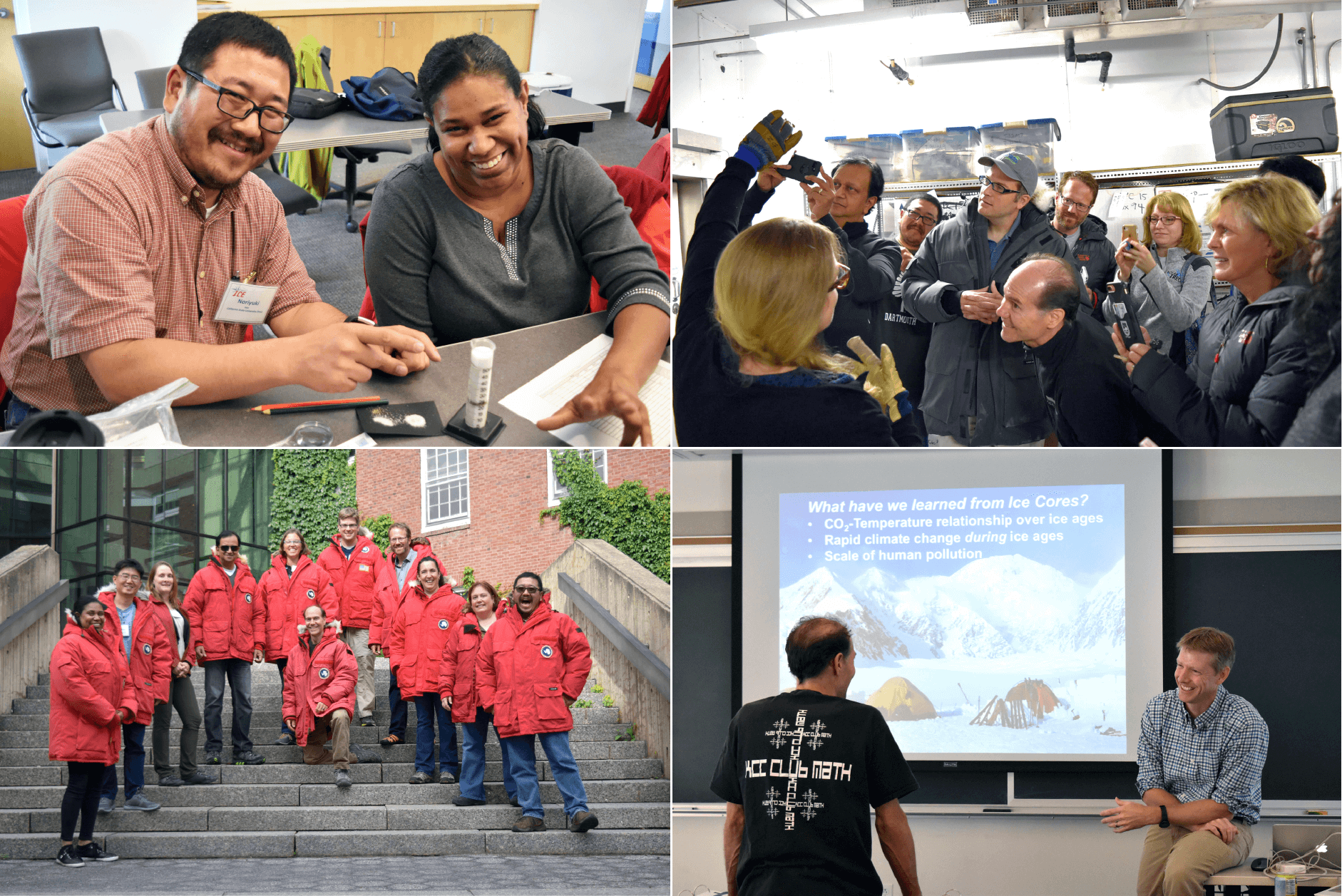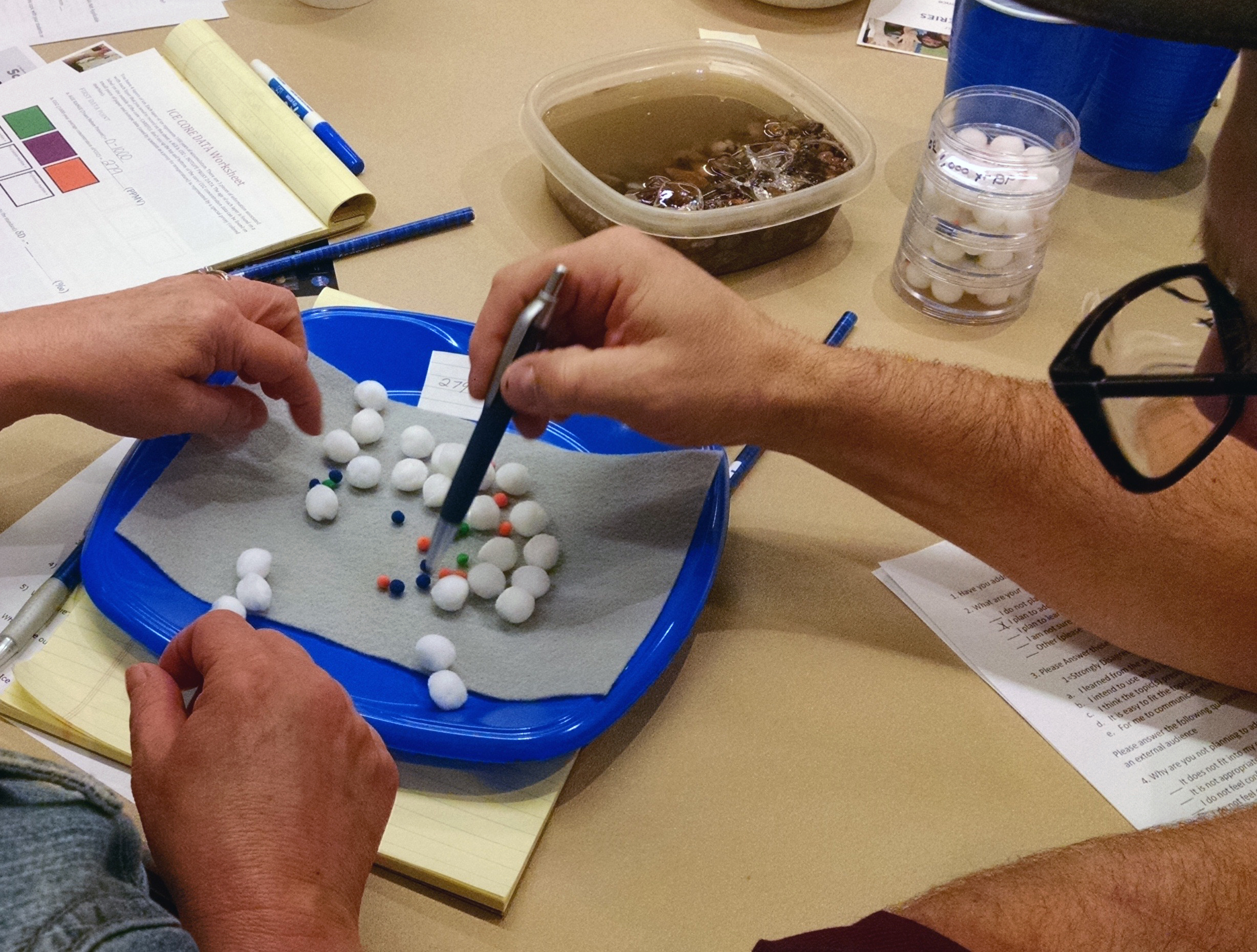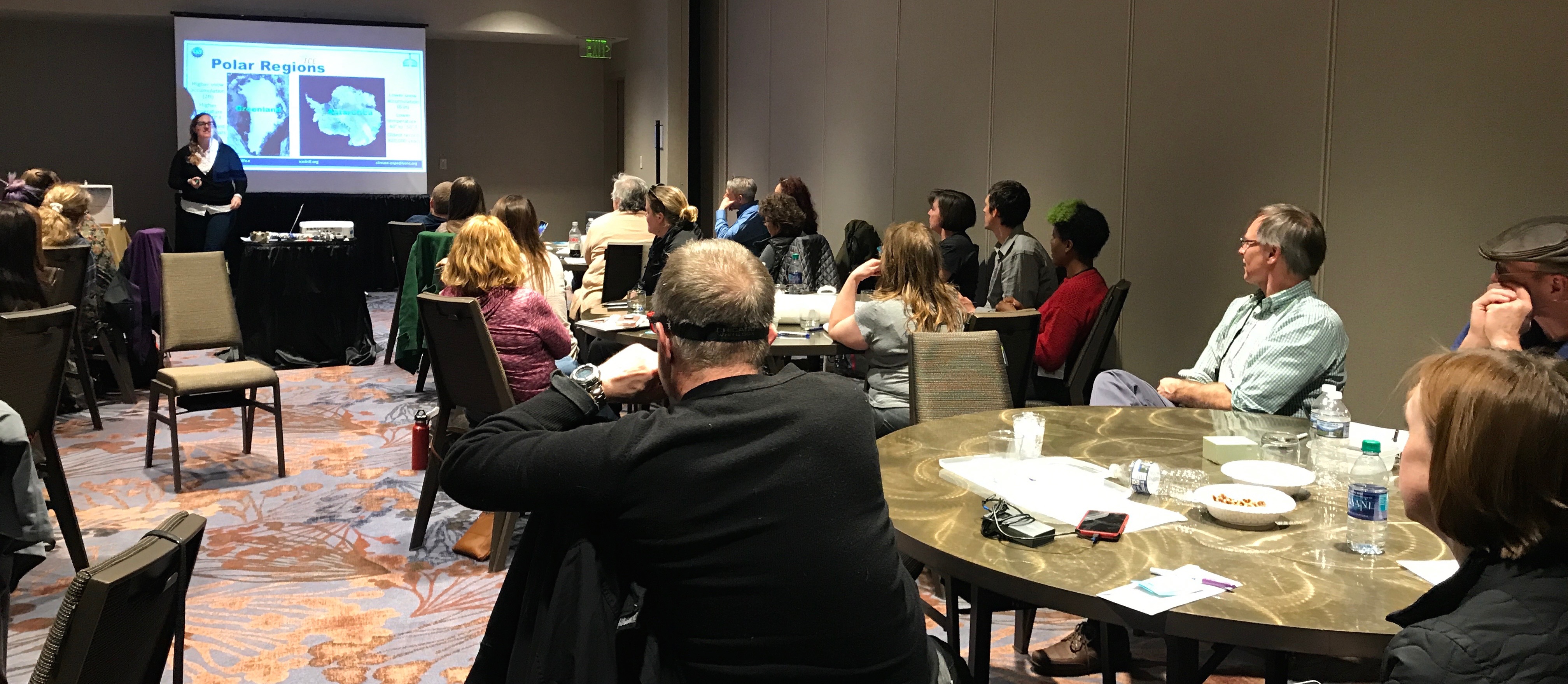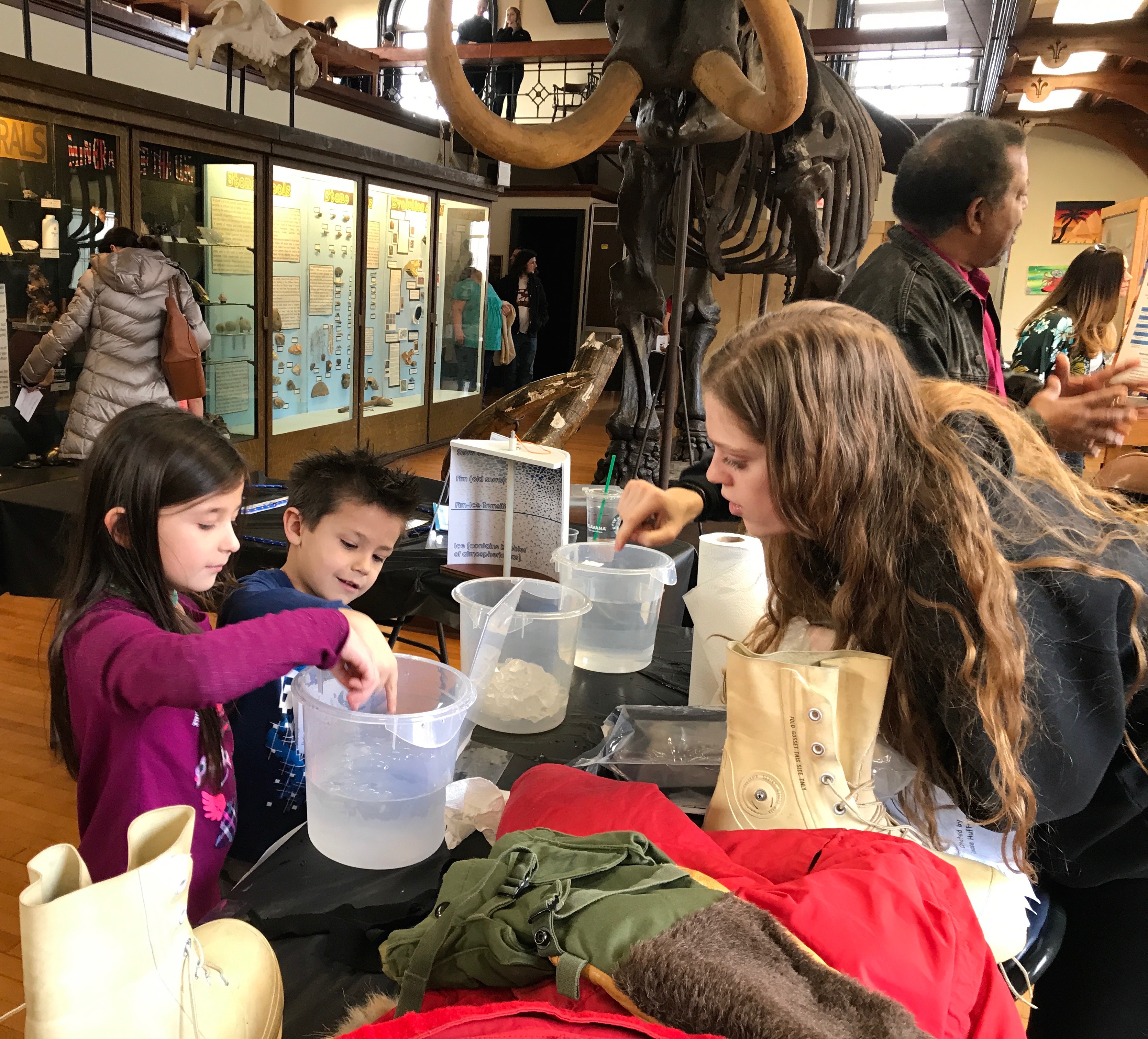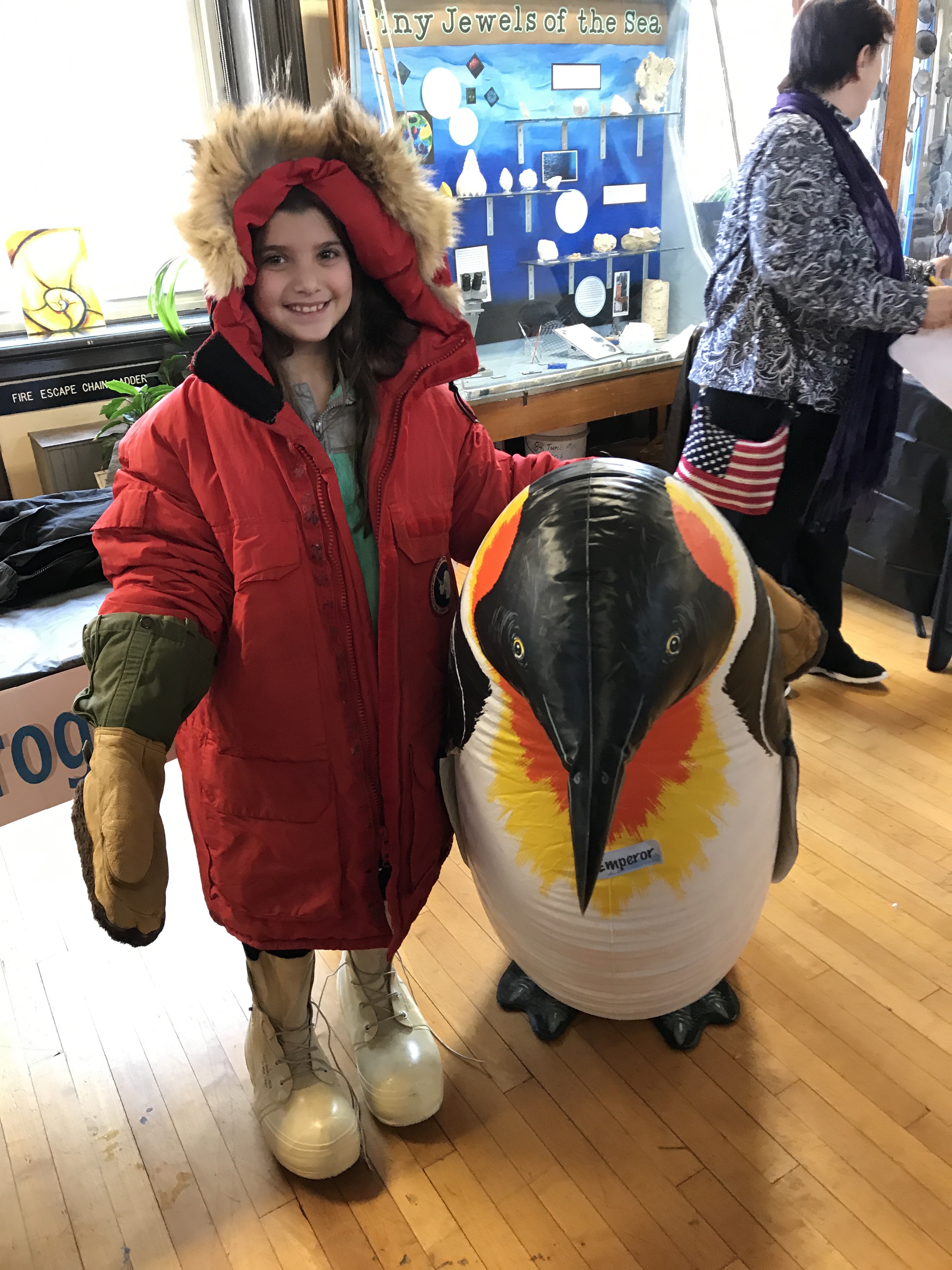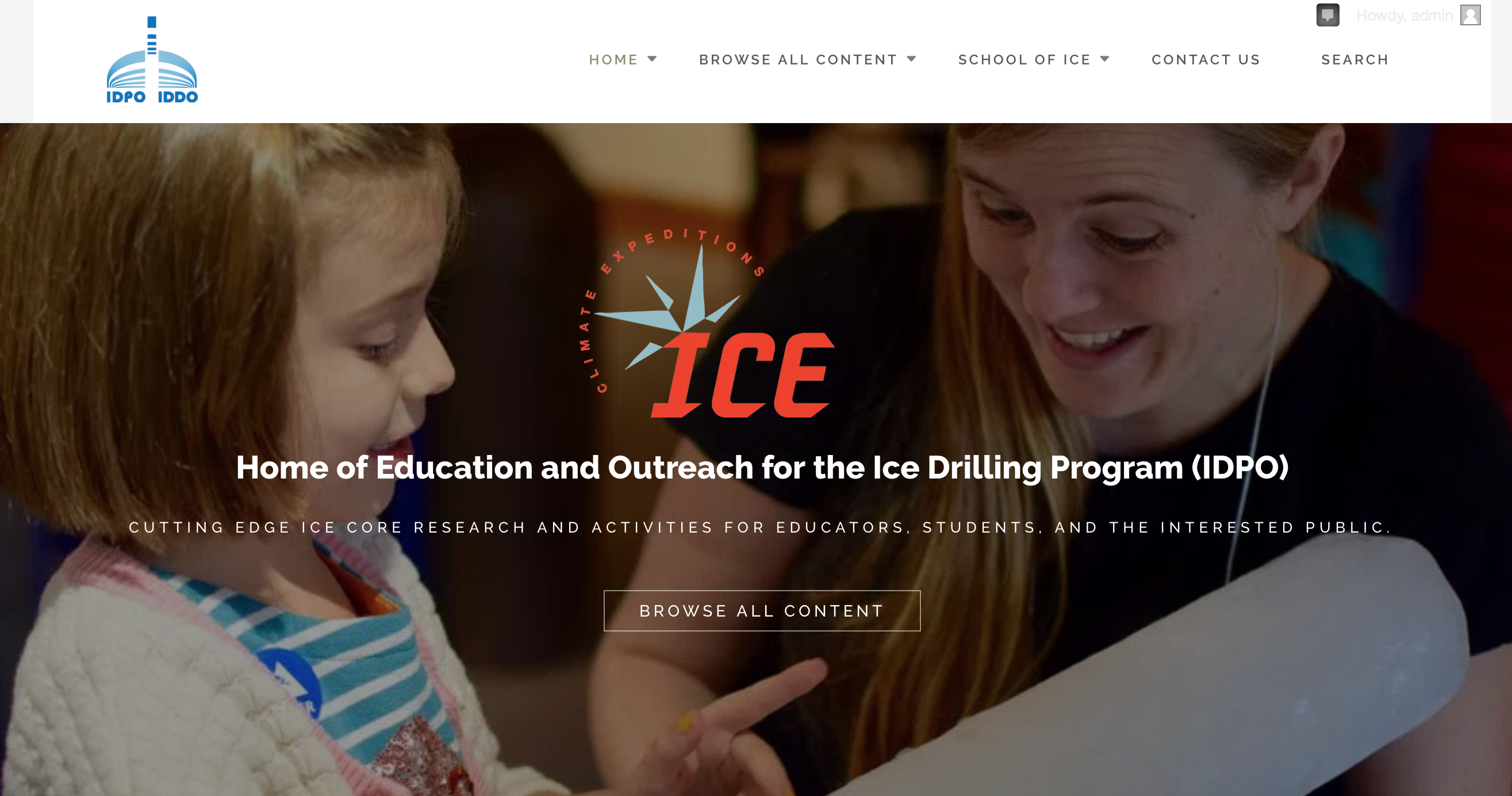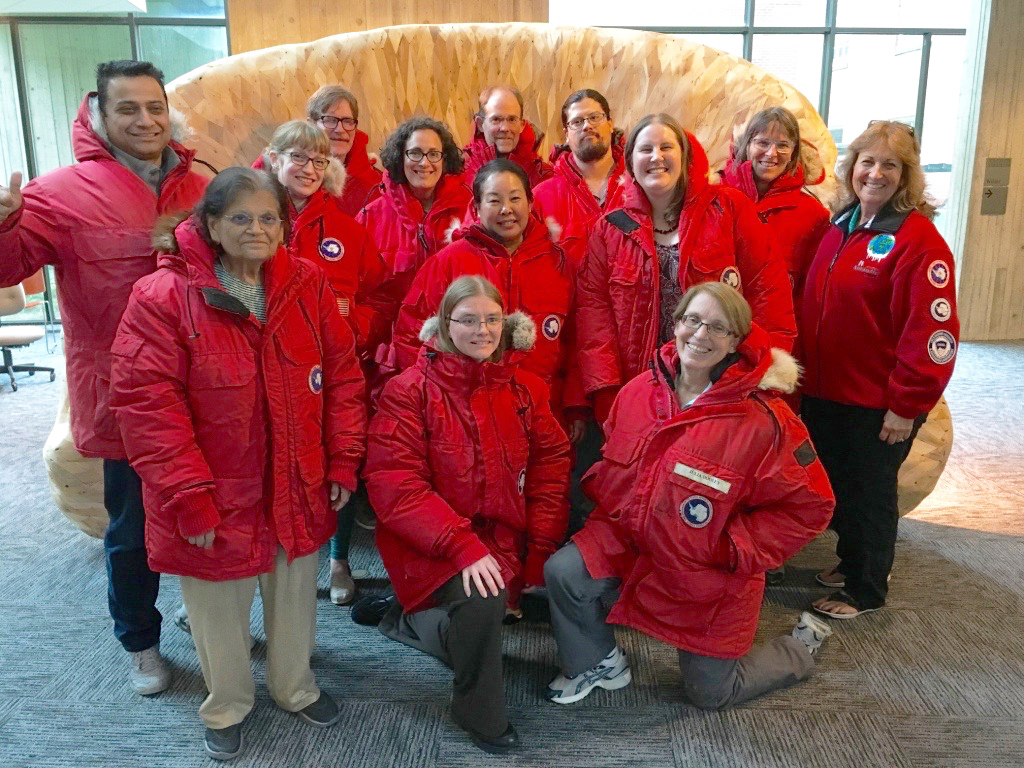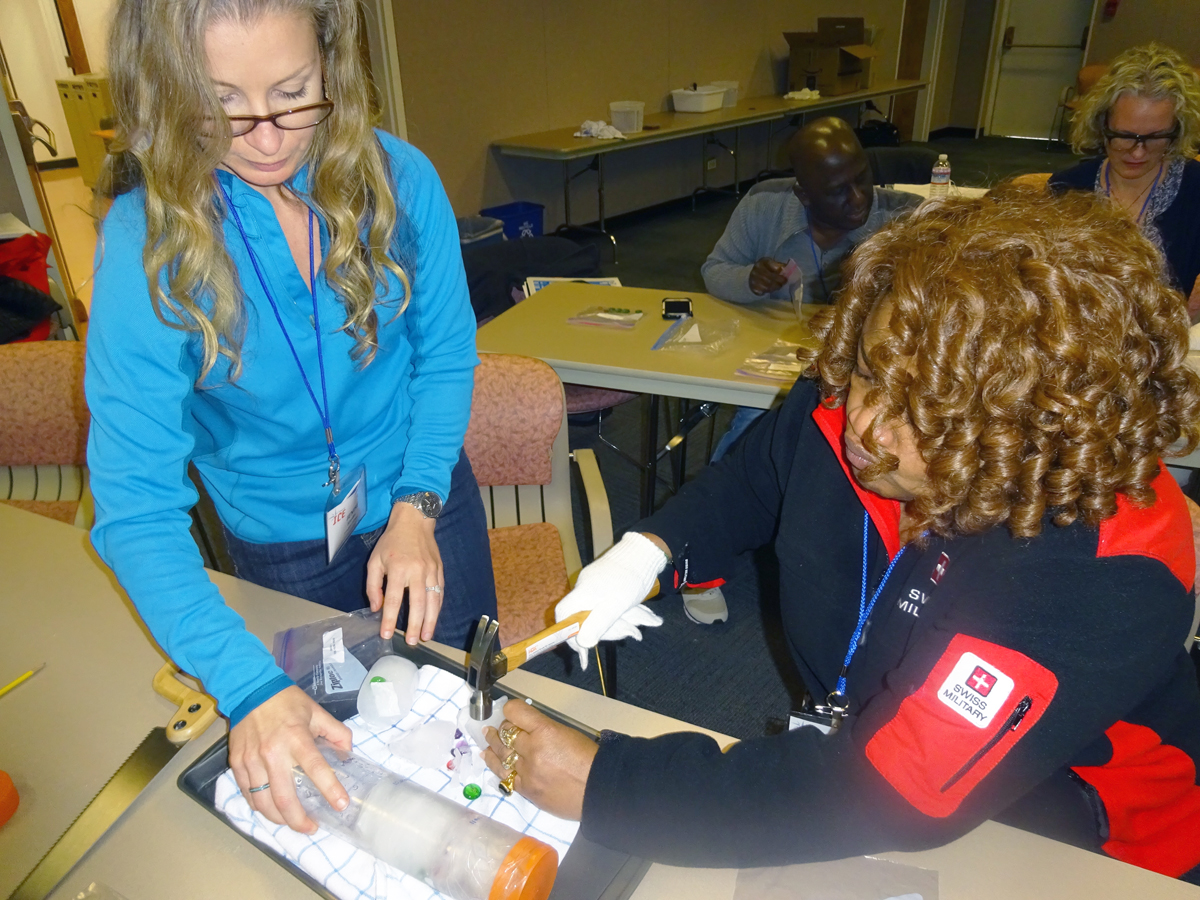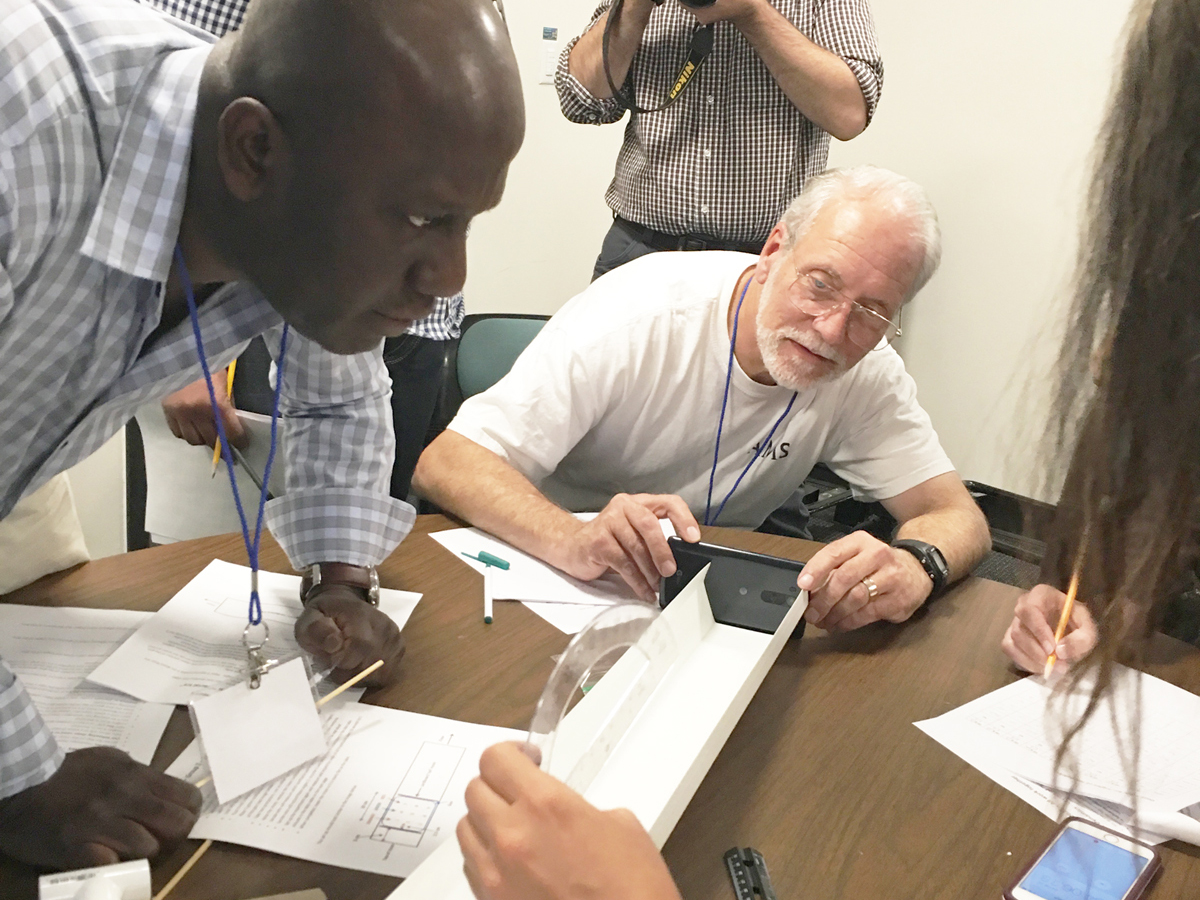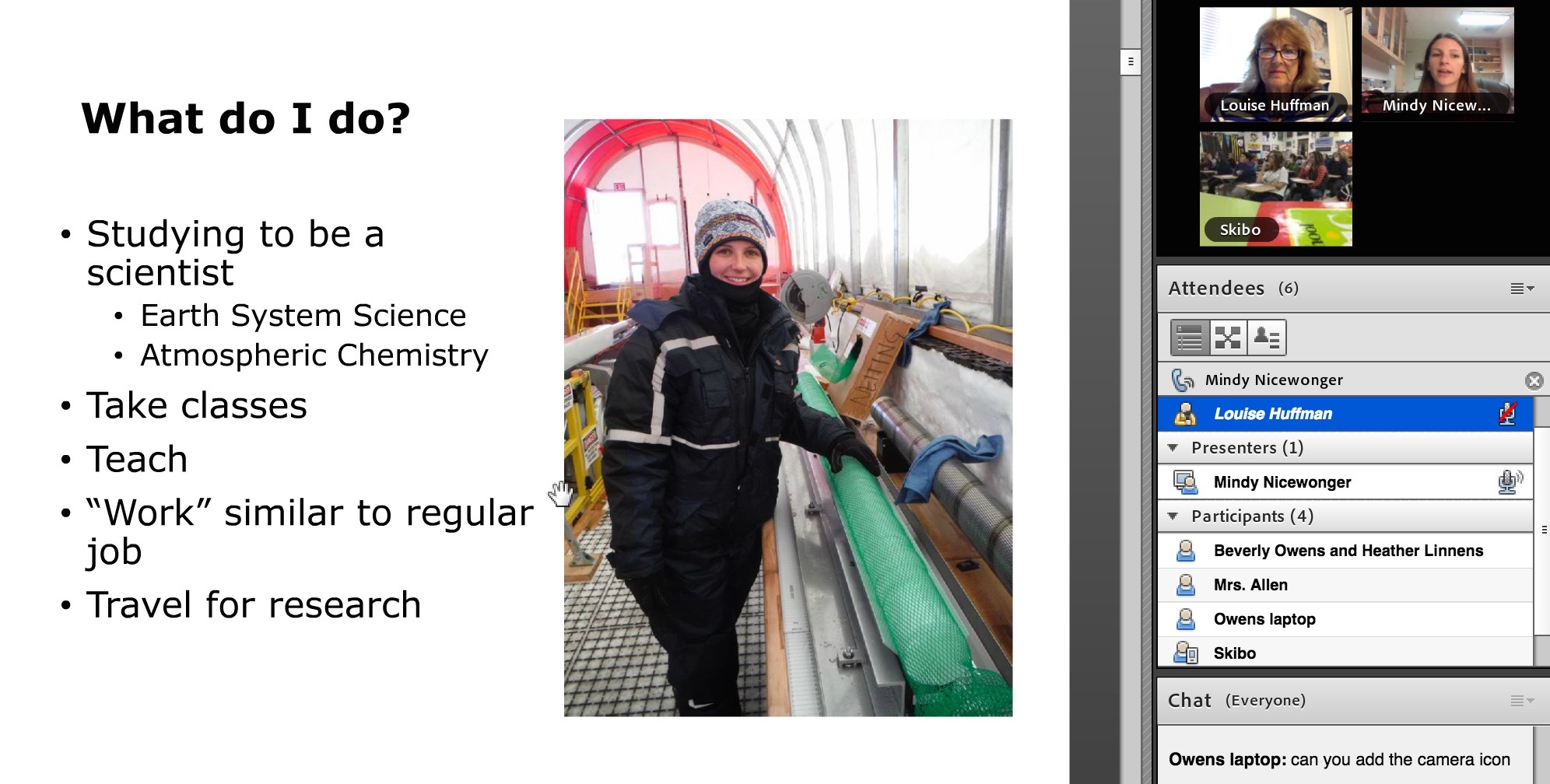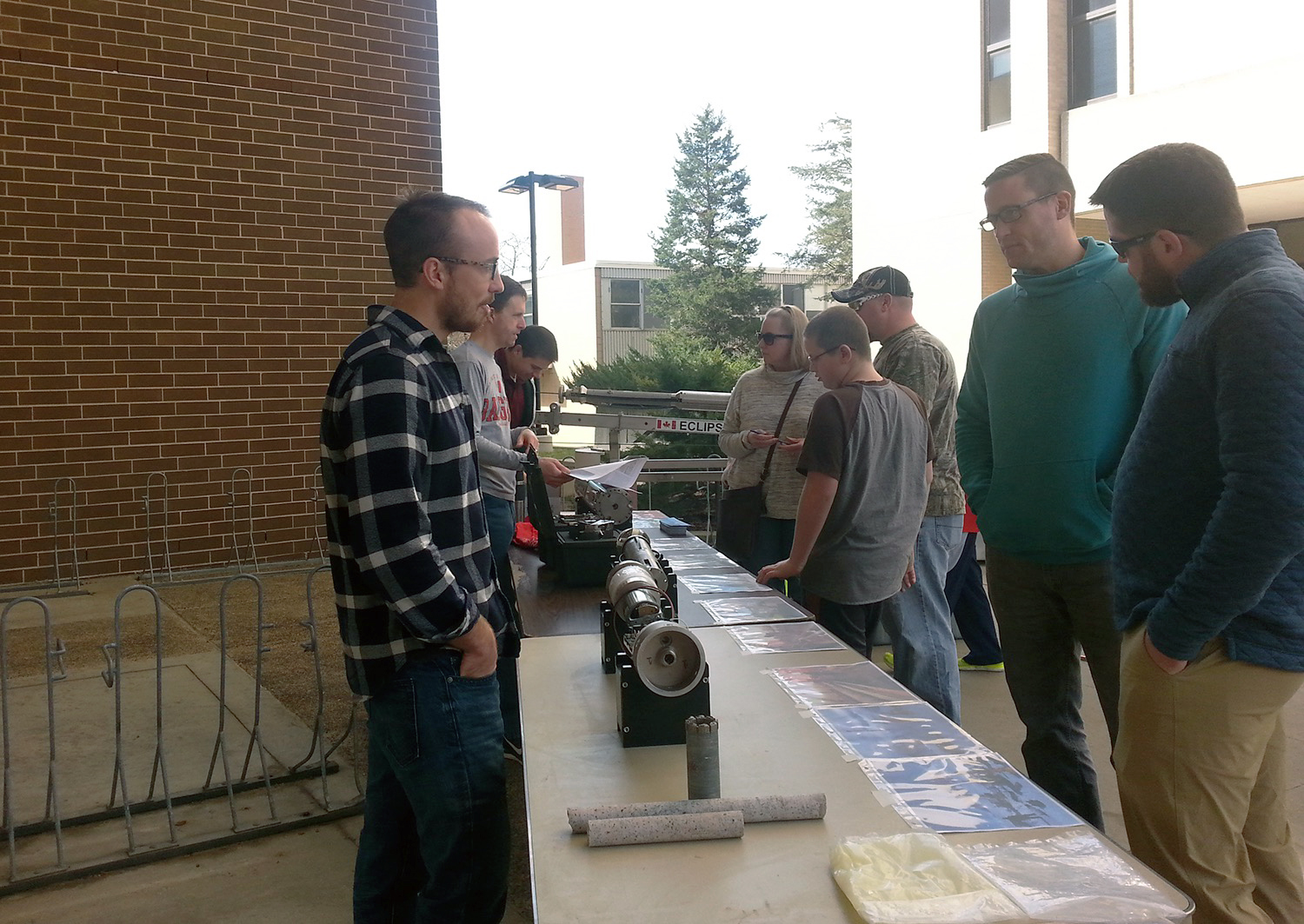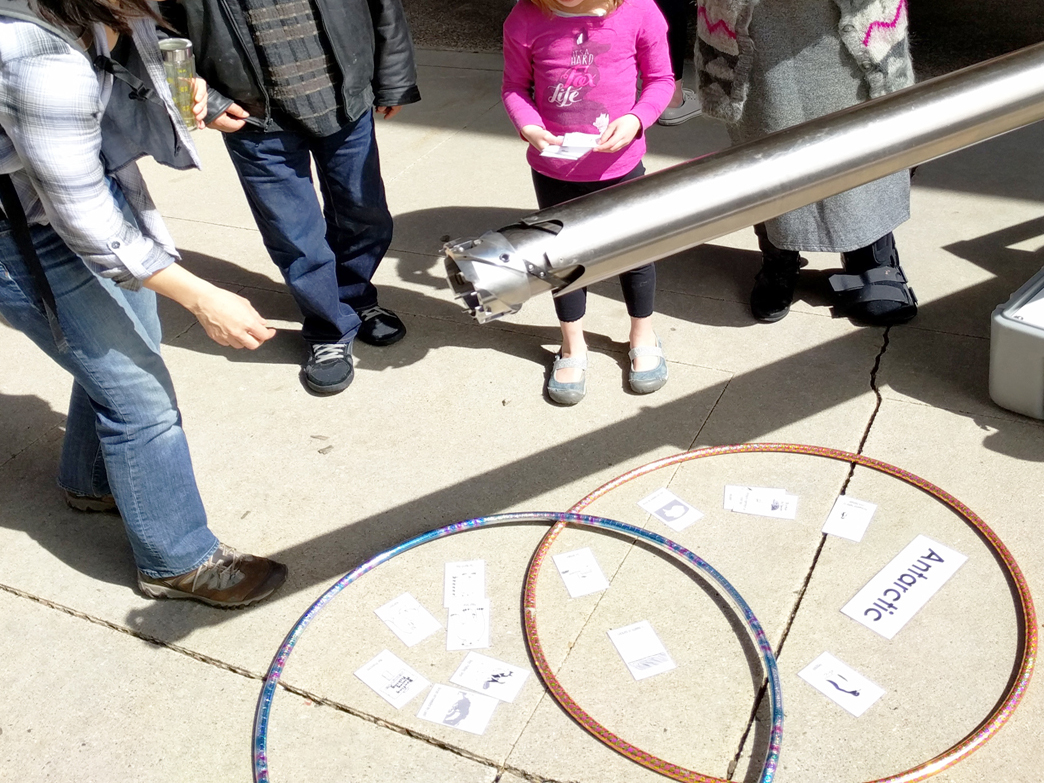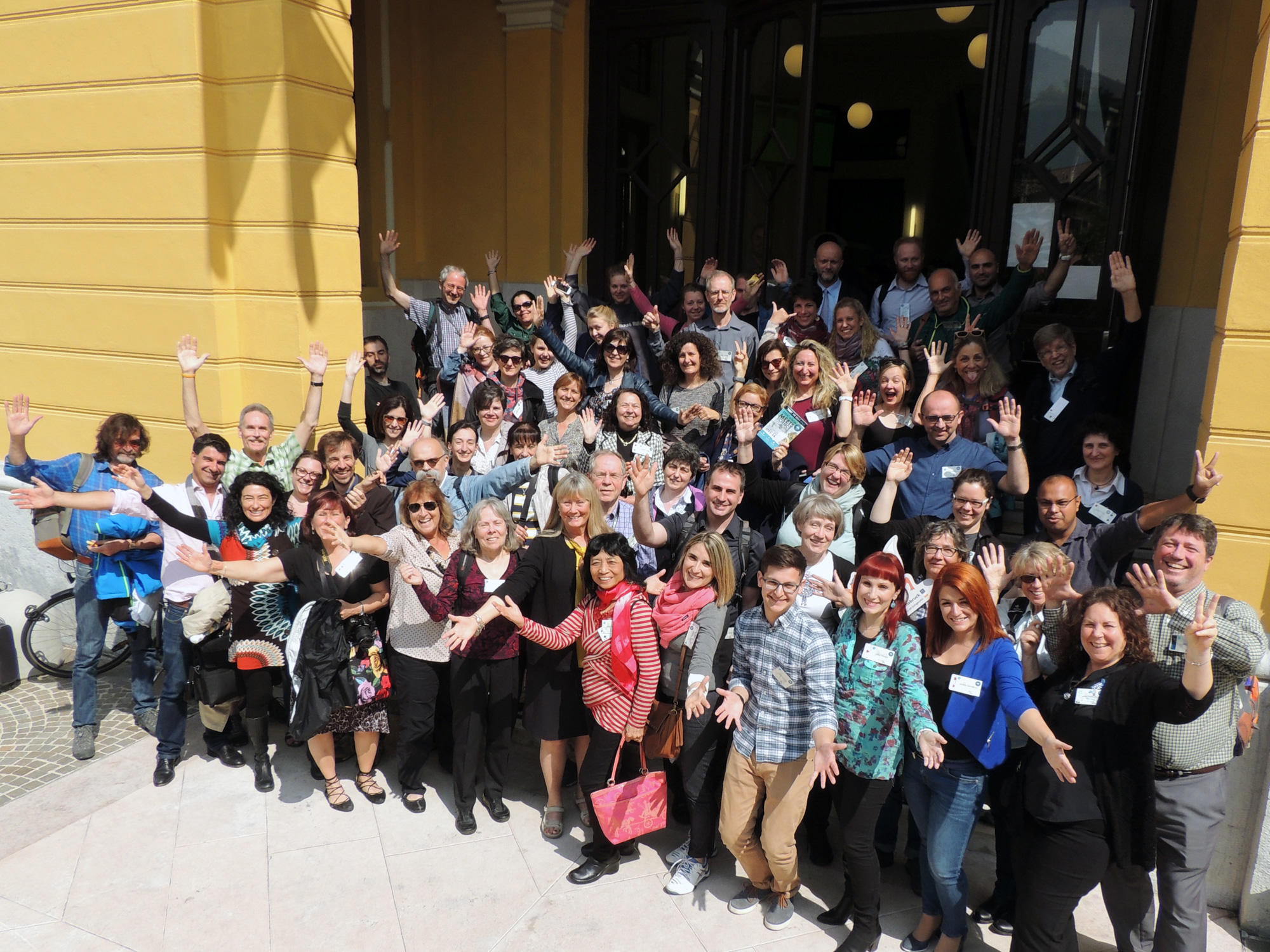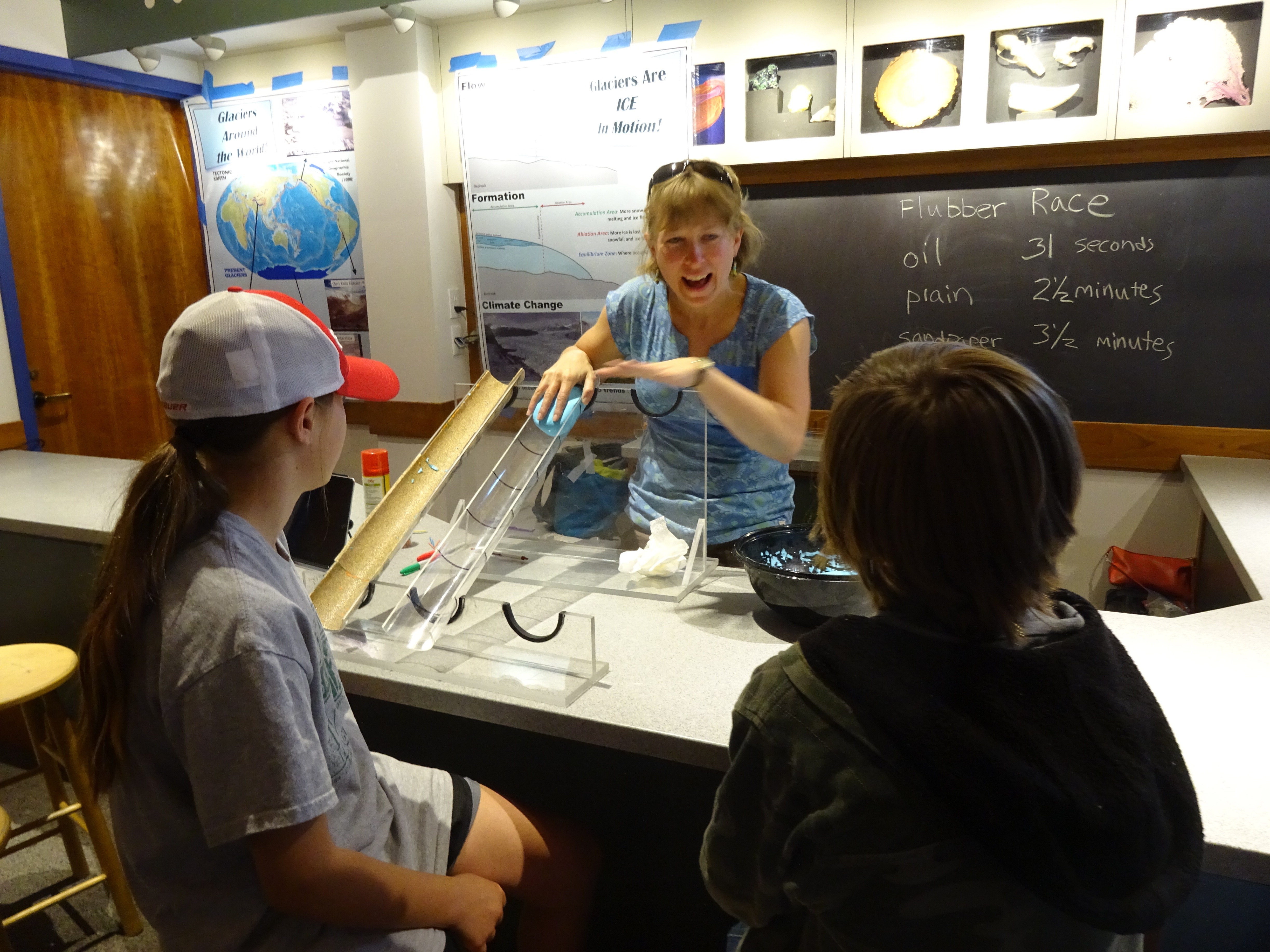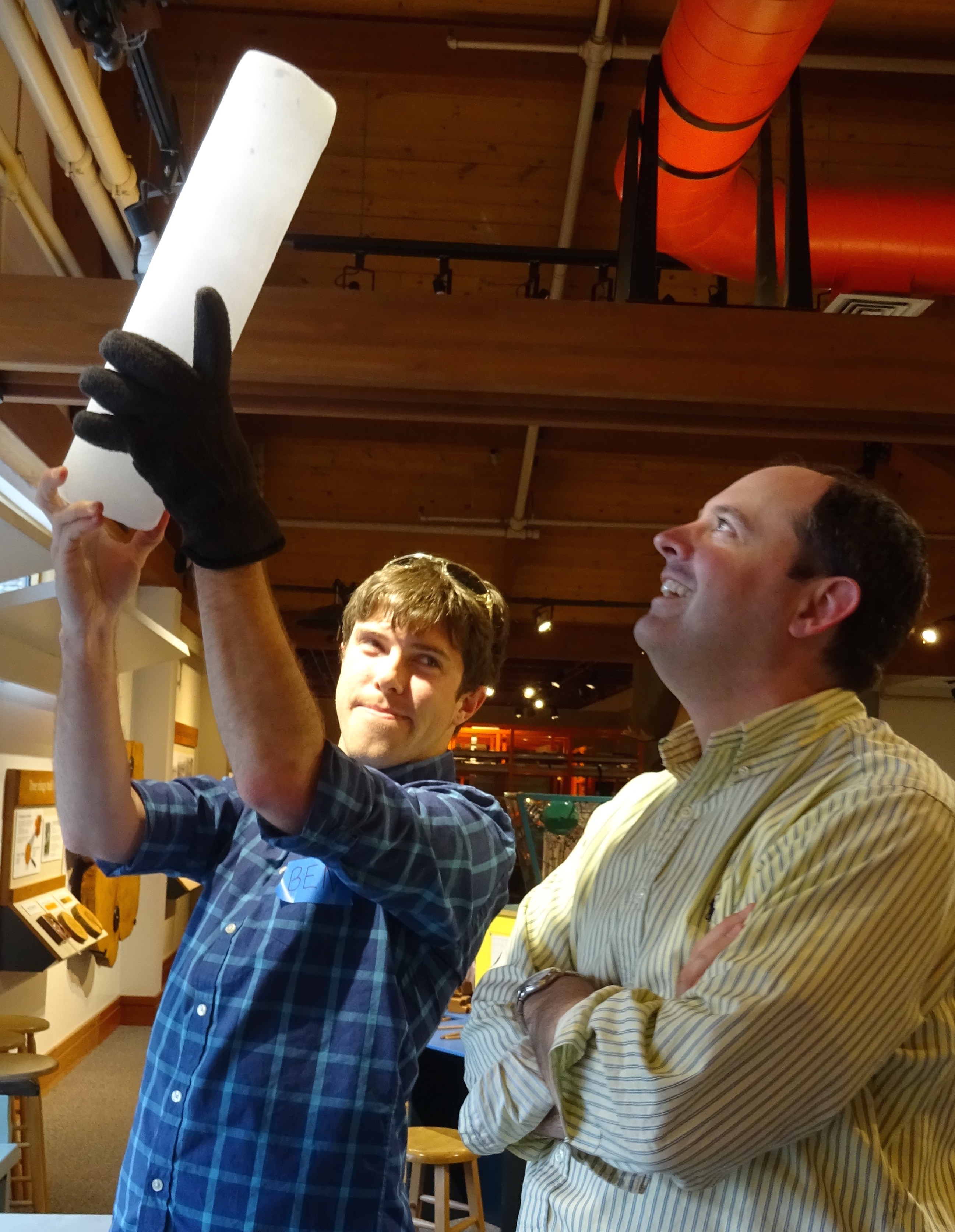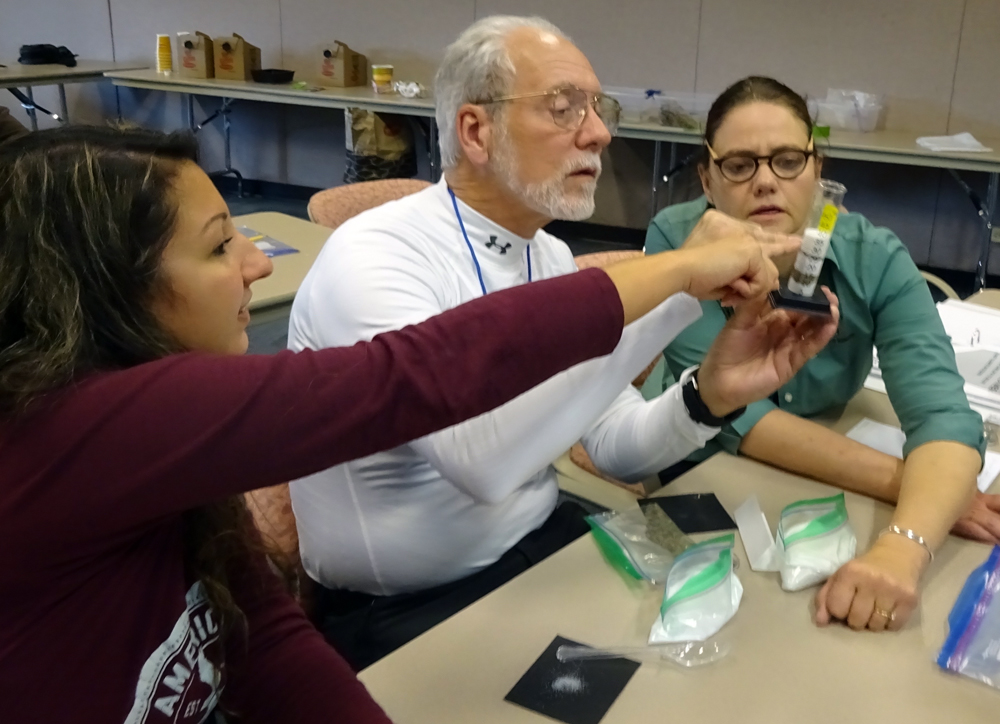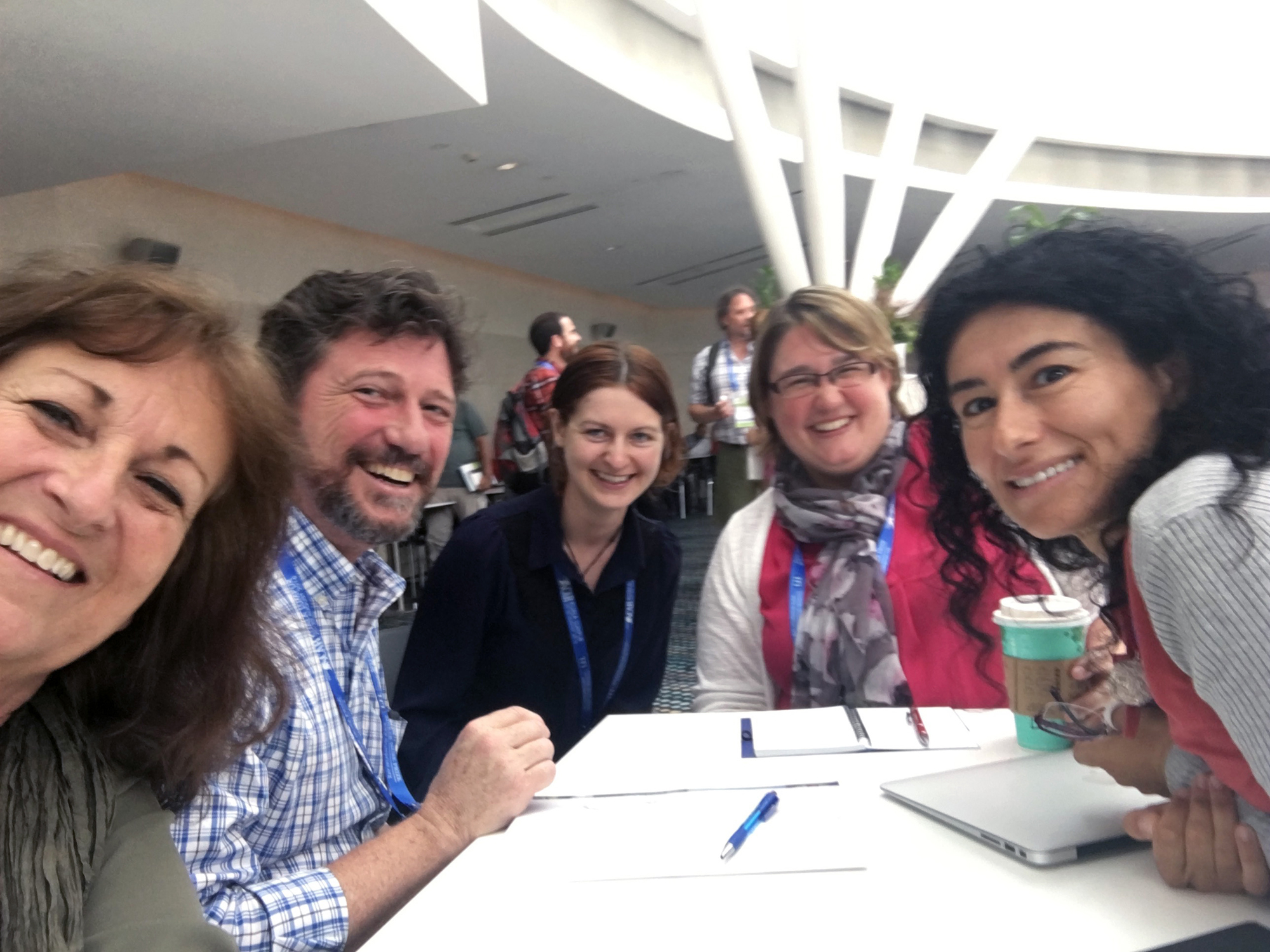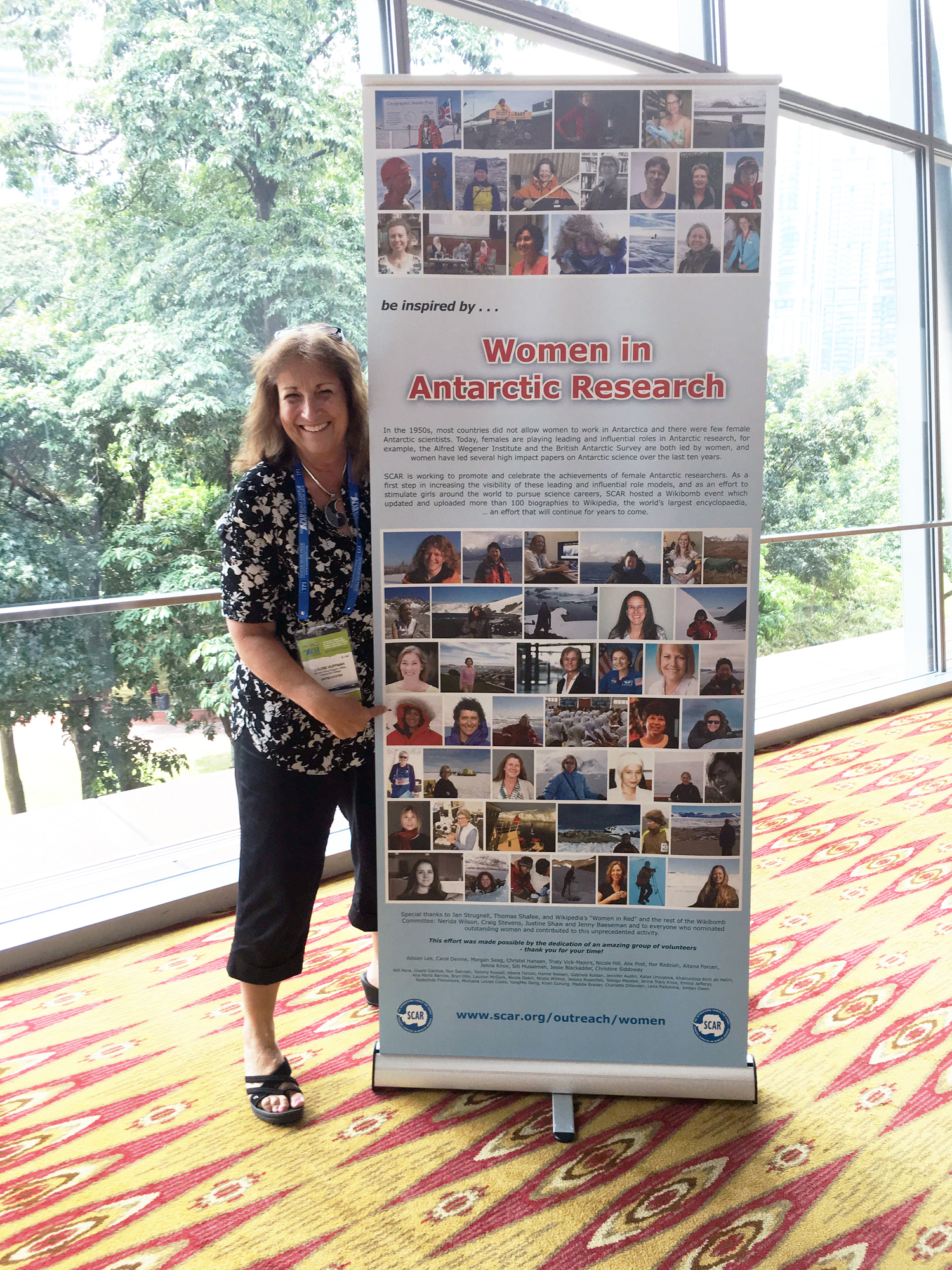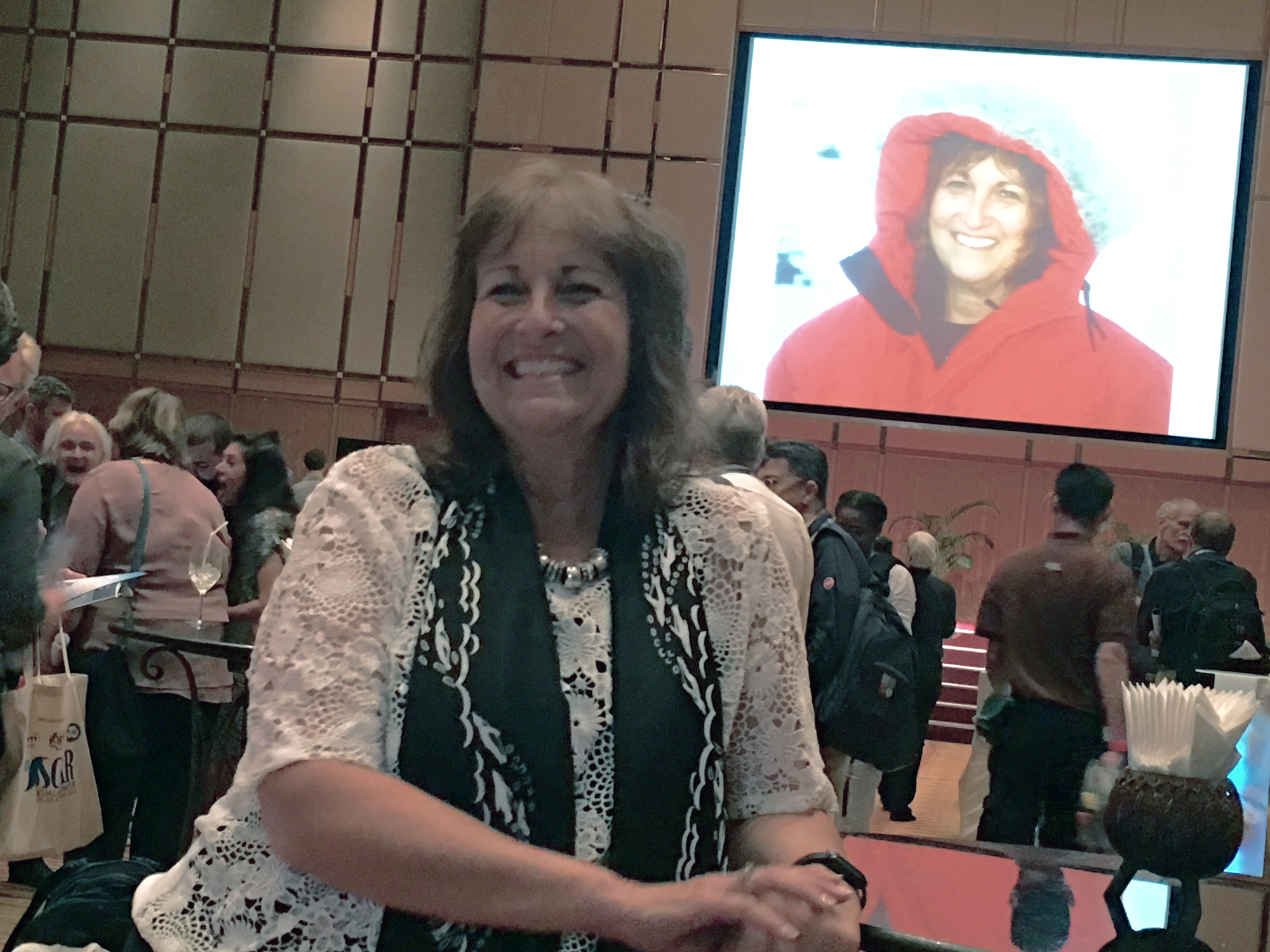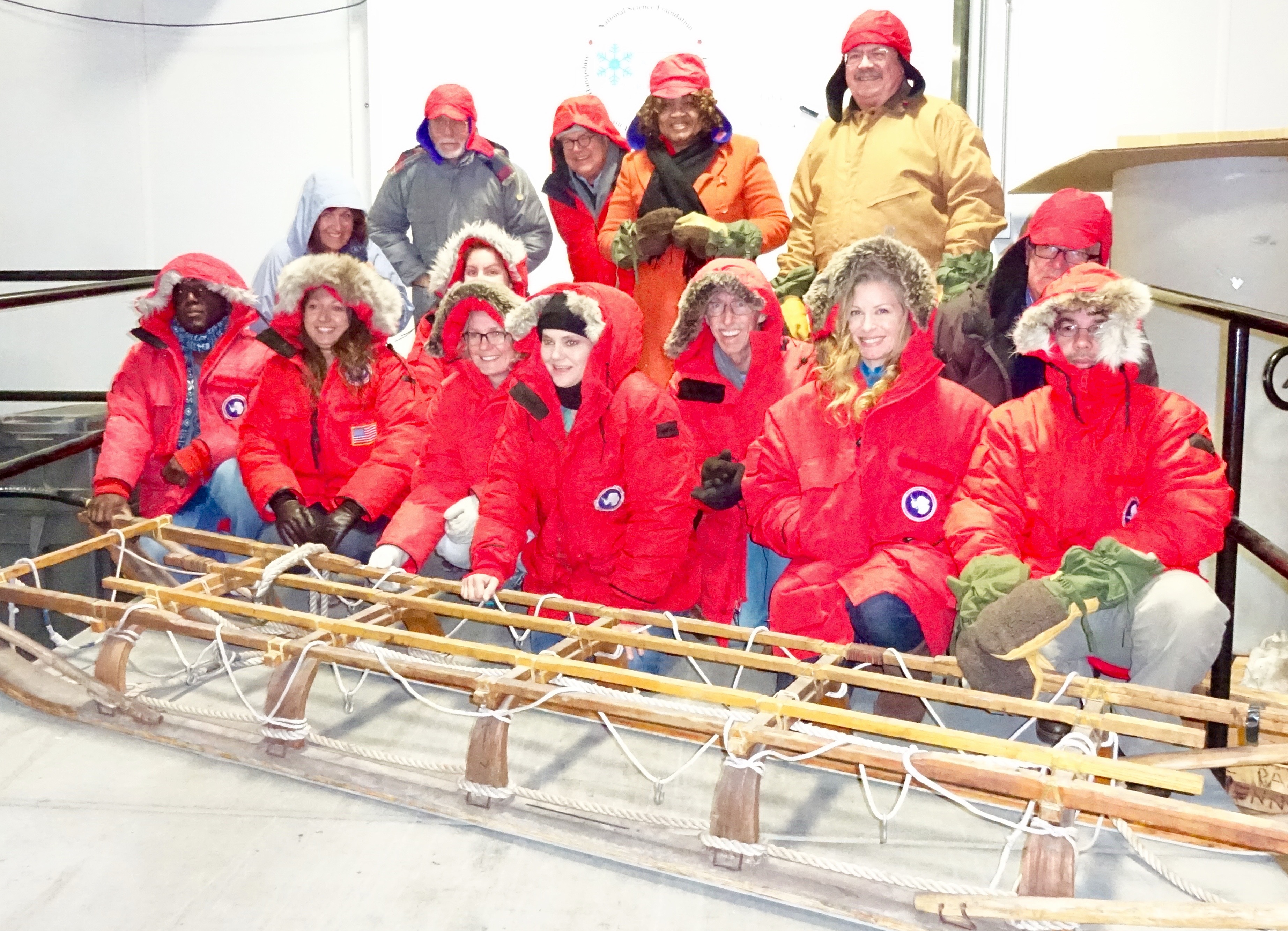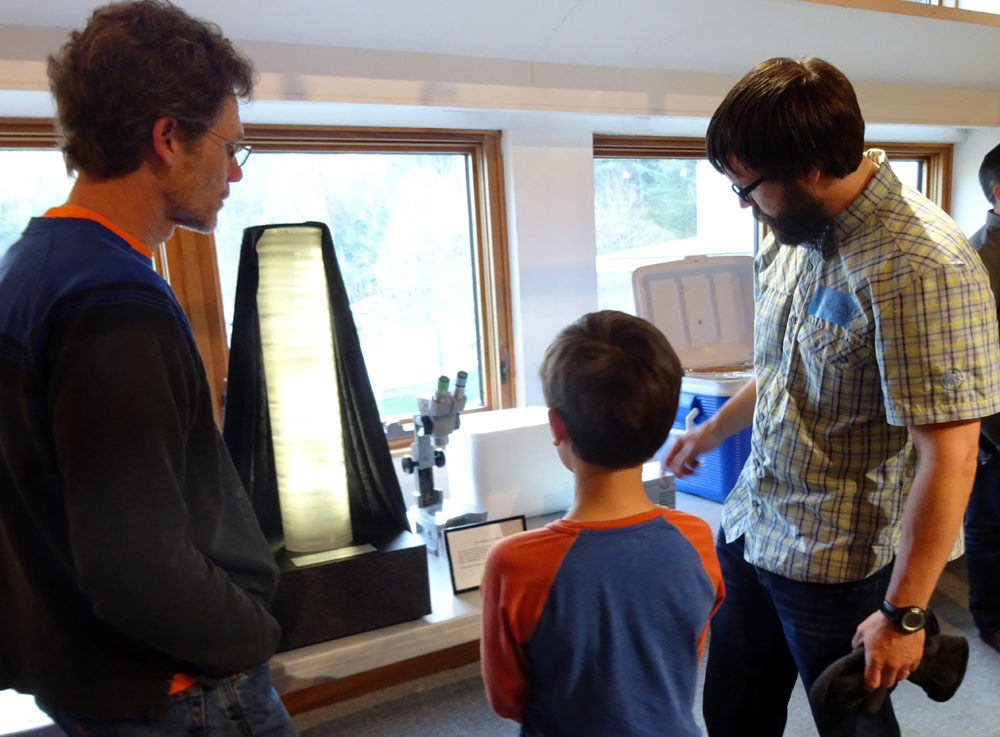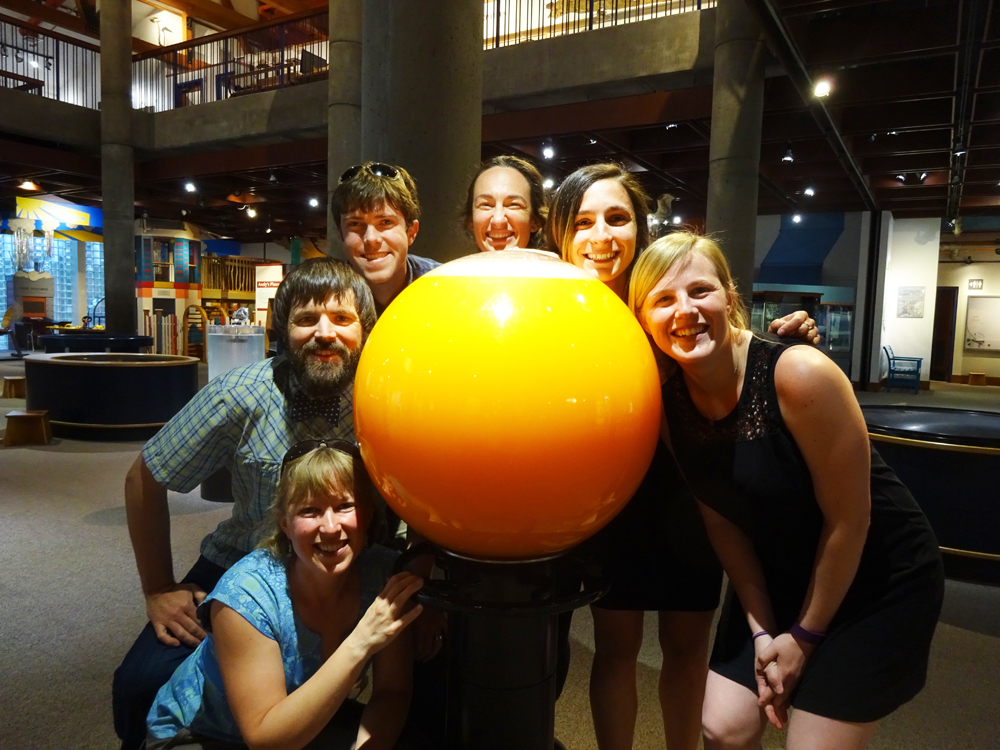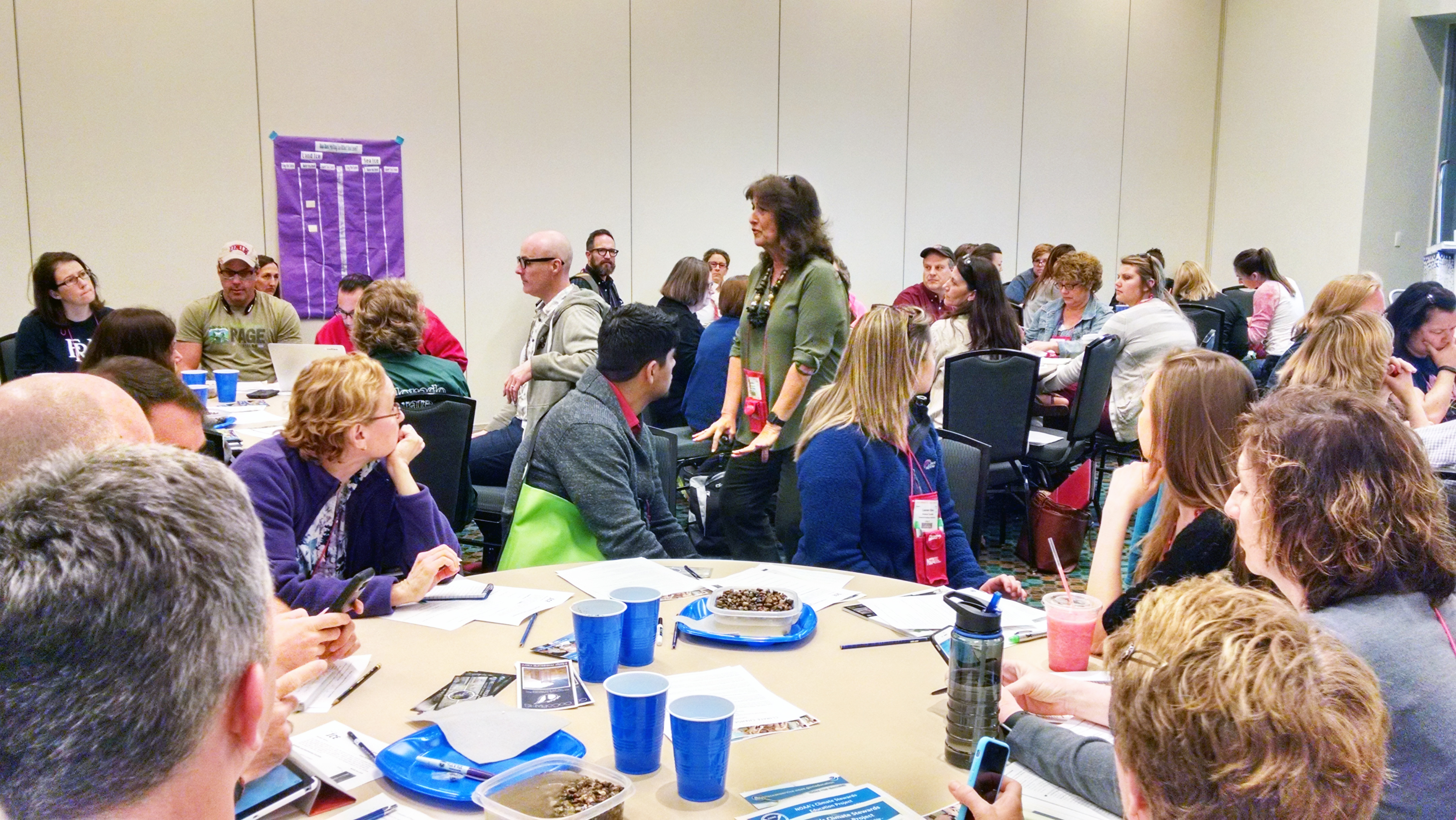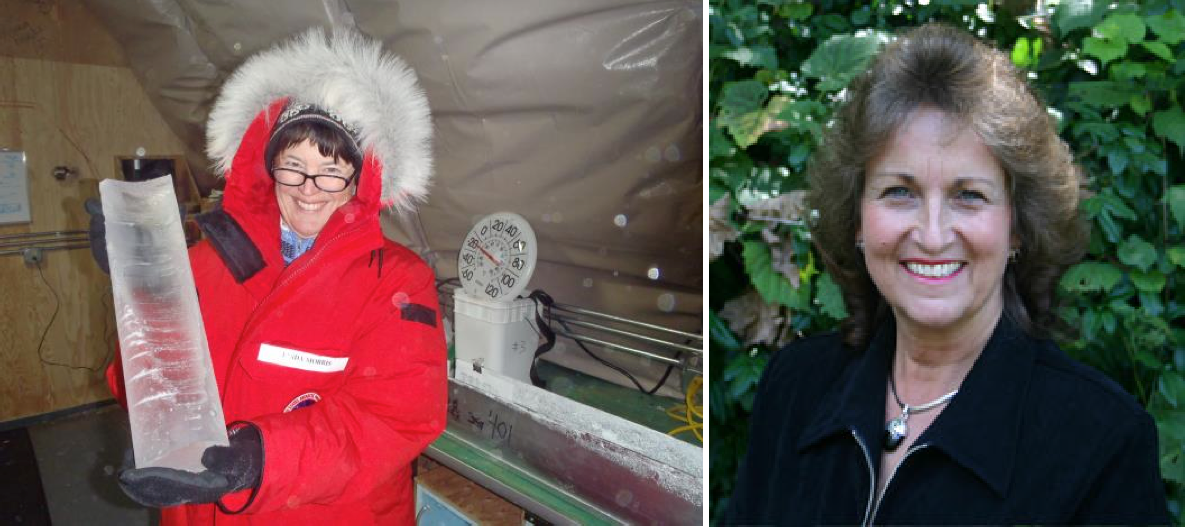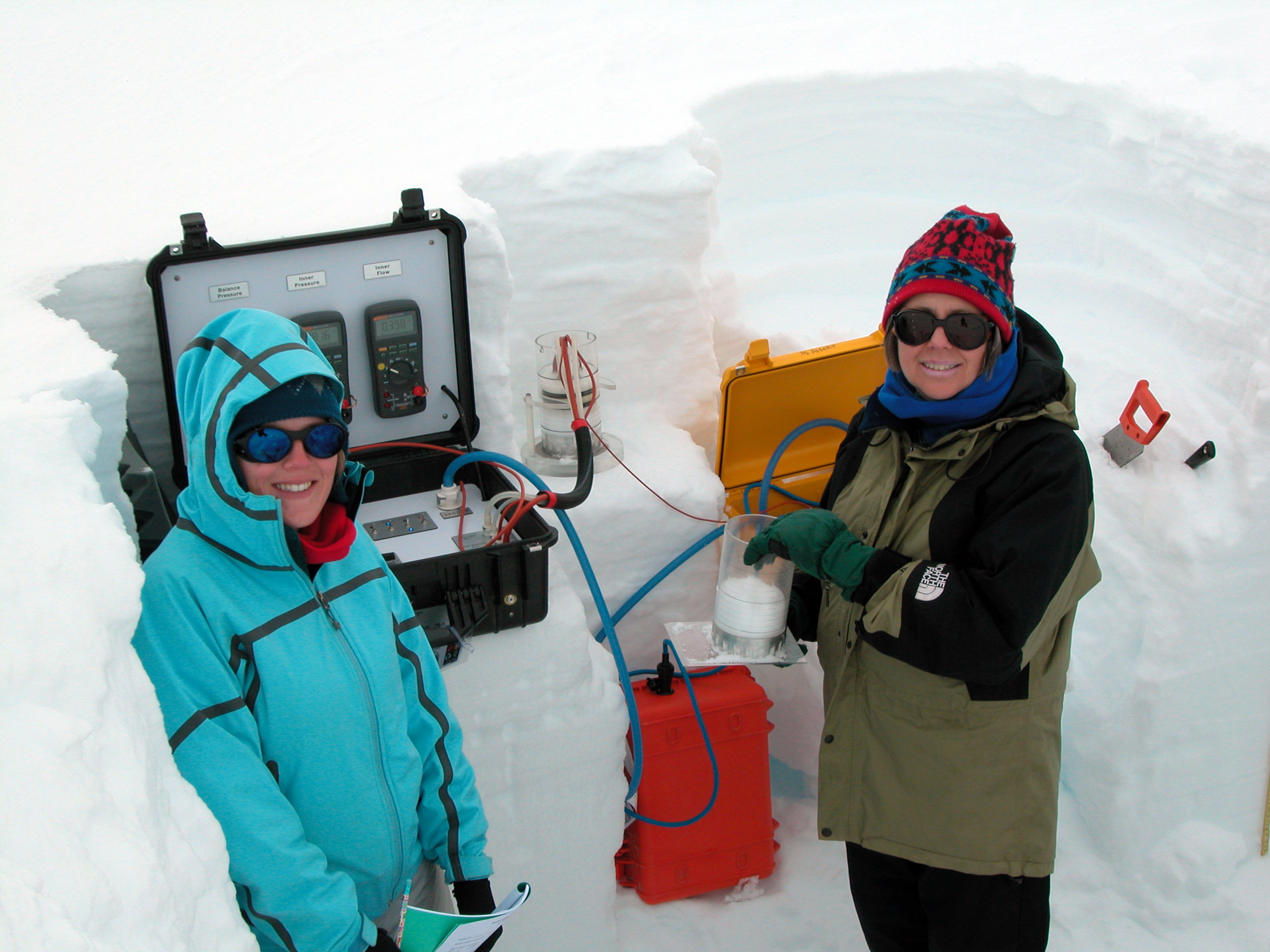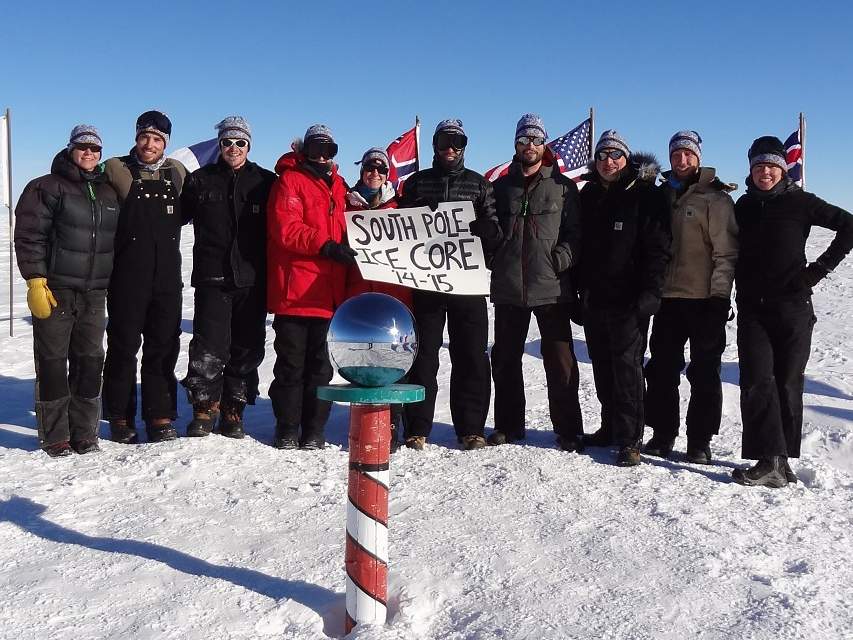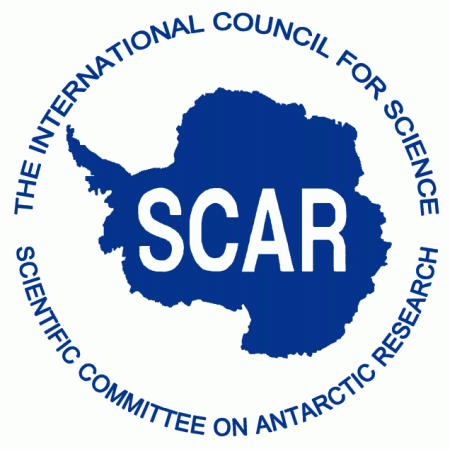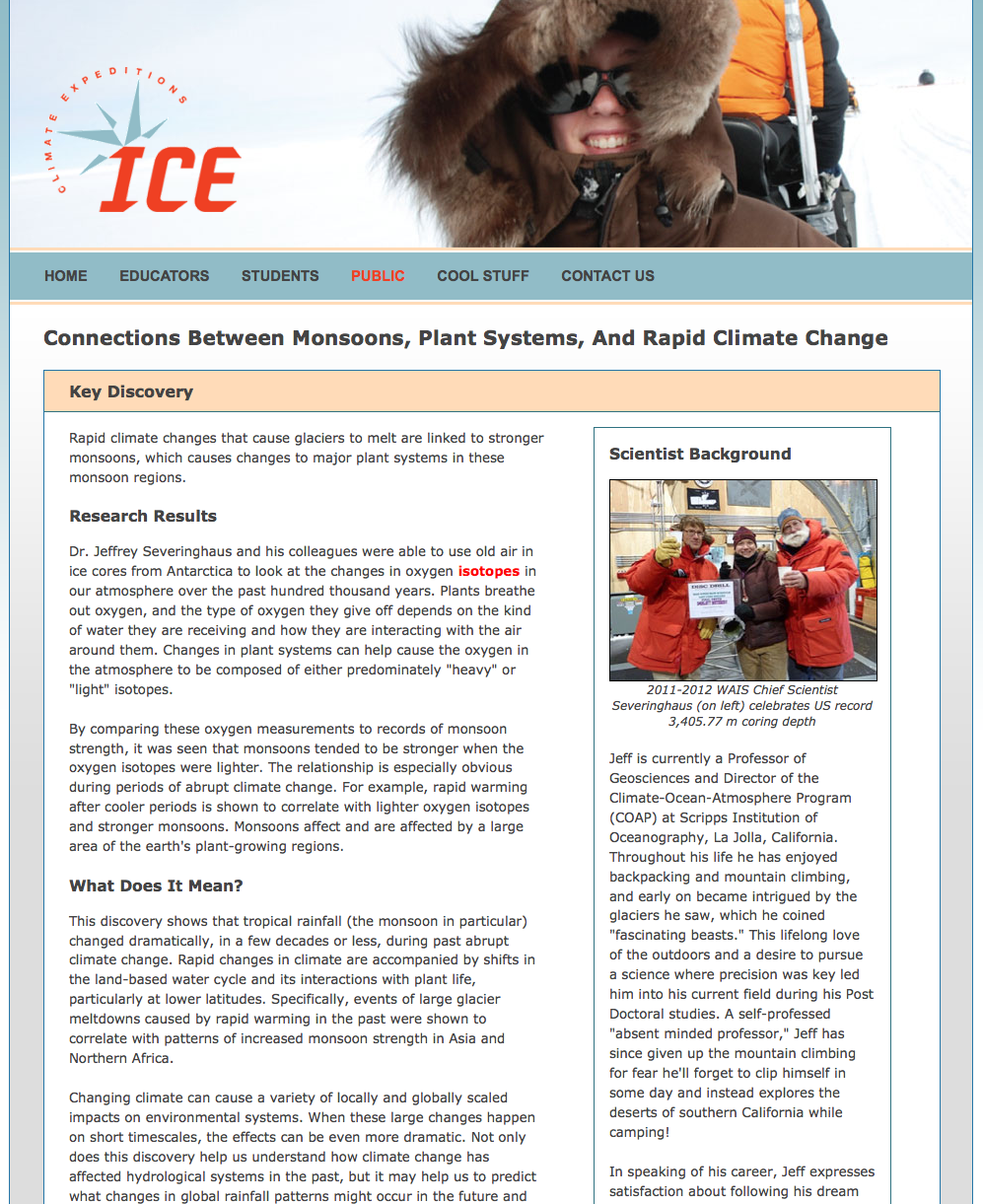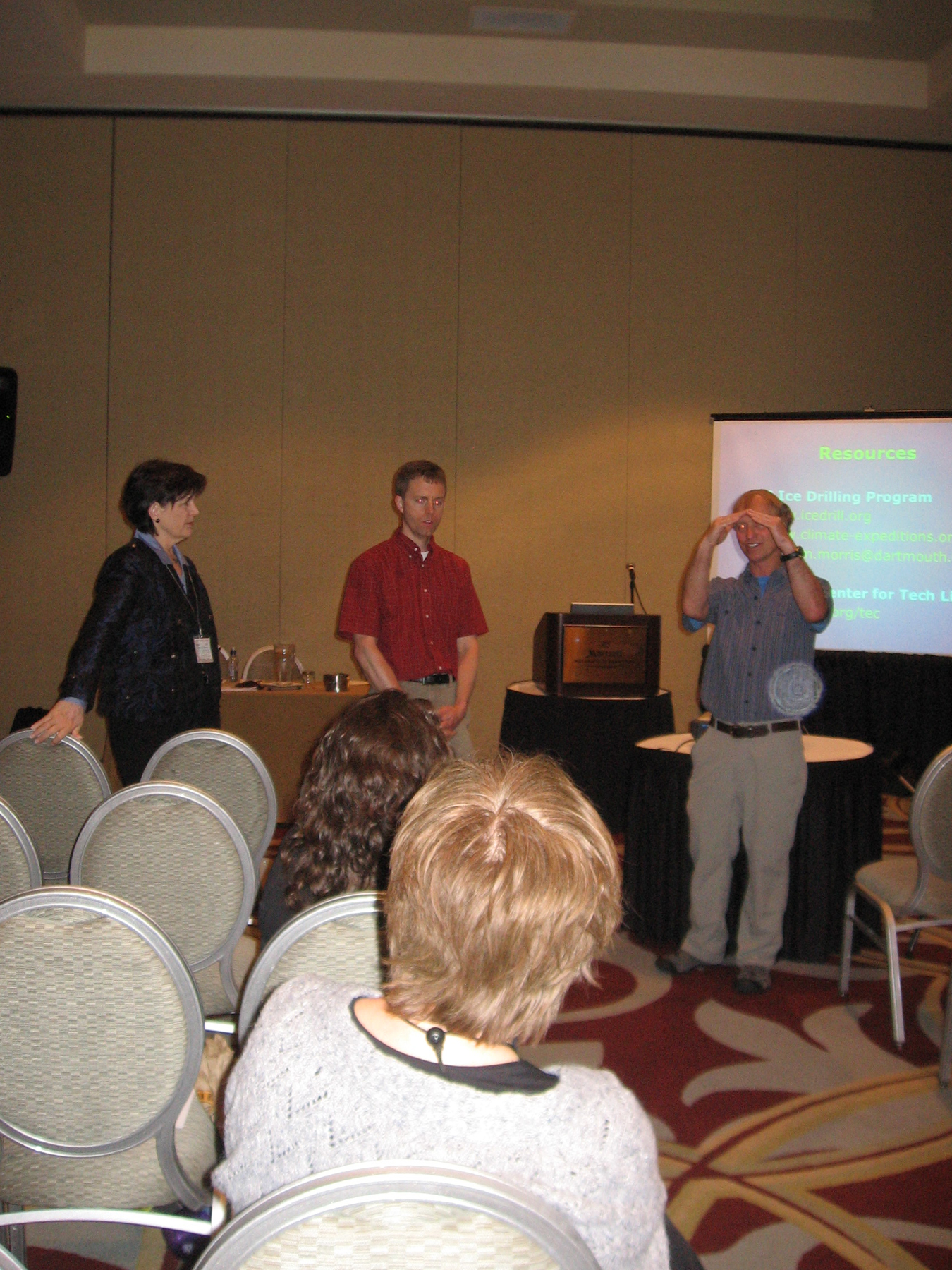The first annual US Ice Core Open Science Meeting will be held May 24-26, 2022, at the beautiful Scripps Seaside Forum at the Scripps Institute of Oceanography in La Jolla, California. It will also be possible to attend online.
This meeting is intended for anyone interested in ice core science or related fields, including ice-core analysis, ice or subglacial drilling, glacier geophysics that supports or depends on ice core records, paleoclimate, and contemporary climate and ice sheet change. Goals of the meeting include 1) sharing of the latest science, 2) discussion of future ice core science projects in both the polar regions and in alpine environments, 3) providing career development opportunities, and 4) improving communication about ice-core and related science both within and beyond the scientific community. We hope to attract a diverse group of participants, including those who may not have extensive experience working with ice cores. While this meeting is primarily oriented toward researchers in the US, international attendees are welcome.
The meeting will begin the morning of Tuesday, May 24, and end by early afternoon Thursday, May 26, followed by the annual meeting of the US Ice Core Working Group.
Join the Hercules Dome mailing list to ensure you do not miss announcements: https://herculesdome.org/get-involved.
Deadlines:
- March 21: Please register by this date to be considered for early career financial support
- April 15: Registration deadline
- April 29: Deadline to book a hotel at the group rate
Registration:
For those attending in person, there is a $100 registration fee. There is limited financial support for early career attendees; if you wish to be considered for this support, please register by March 21. The registration deadline is April 15. The late registration fee is $200.
To register, complete the registration form at https://catalyst.uw.edu/webq/survey/steig/419153.
To pay for the registration fee, please first complete and submit the registration form, and then go to the payment portal at the University of California-Irvine.
Venue and Lodging:
The meeting will be held at the Scripps Seaside Forum at the Scripps Instituion of Oceanography, May 24-26, 2022. We have reserved a block of rooms at La Jolla Shores Hotel and the adjacent La Jolla Beach & Tennis Club, both within walking distance of the meeting. Individual attendees should make their own reservations directly with the Hotel Reservations Department at 866 976-6659. Please refer to the Antarctic Ice Core Meeting when making reservations. Rooms range from $219 Beach & Tennis Club to $239 or $289 per night at La Jolla Shores. All rooms are double occupany (that is, the per person cost is $110 to $145 per night if you share a room). Please book by April 29 to ensure you get the contract rate.
Organizing Committee:
This meeting is jointly organized by representatives and leaders of the Hercules Dome Ice Core Project, the Center for Oldest Ice Exploration, the US Ice Drilling Program, and the Juneau Icefield Research Program. The organizing committee is Eric Steig, Sarah Aarons, Seth Campbell, TJ Fudge, and Heidi Roop.
Meeting Website:
For additional information, visit the meeting website at: https://herculesdome.org/us-ice-core-open-science-meeting
